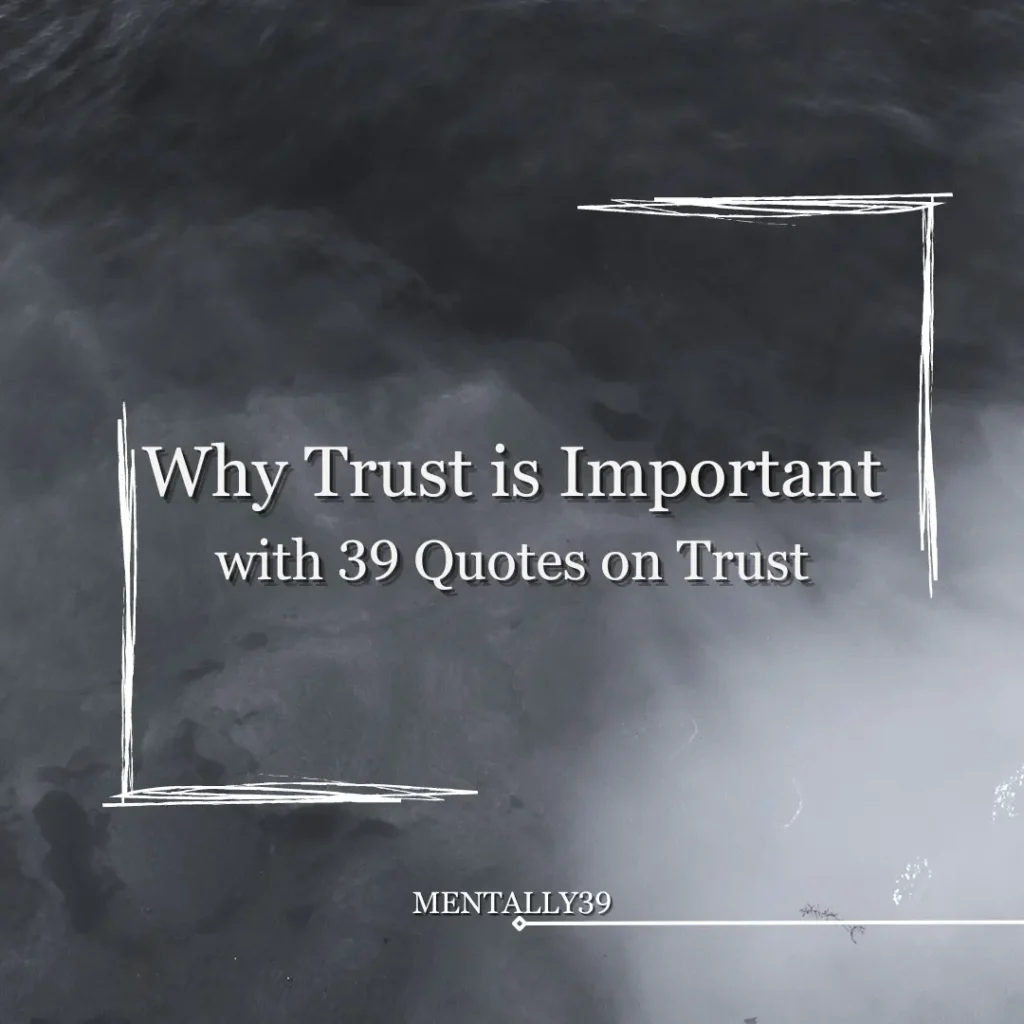Trust is a connection that holds our relationships together. It can keep our friendships and work relations strong or break them if it’s not there. Trust is about believing that others are honest and dependable. It’s really important in our personal lives and at work. Let’s look more into trust, followed by 39 quotes on trust.
Understanding the Foundations of Trust
It takes time to build trust. Trust grows when we are honest and reliable in our daily actions and interactions with others. Just like a bridge needs a sturdy base, trust lasts when it’s based on good actions and behavior that we can rely on.
Remember this: When we trust someone and feel safe with them, it helps us to depend on them. This builds a strong bond because they support us and keep their promises. We help them when they need us, too. But if someone breaks a promise or doesn’t meet our expectations, it can hurt our trust in them. Once trust is lost, it is hard to regain it.
The Psychological Aspects of Why Trust Is Important
Trusting someone means being open and honest, even though it might make us feel vulnerable. It’s hard because we know that people can hurt us or break our trust. But being open and vulnerable doesn’t mean we’re weak. It actually shows how much we believe in the other person. When we’re open about our thoughts and feelings, it helps us connect with others and builds trust in our relationships.
It’s important to be good at what you do if you want people to trust you. When we think someone is good at something, we trust them more. We depend on what they know, whether it’s a friend or someone we work with. Being good at something makes us feel more sure and strengthens our trust.
The Role of Trust in Human Connections
Trust is important for good relationships. It makes a big difference whether it’s with a friend or someone you’ve known for a long time. Without trust, we tend to be cautious about what we say, our talks feel empty, and we don’t experience strong emotions.
Our family usually understands us really well. They help us learn what trust is all about. How we experience trust at home affects how we learn to trust others. A good family respects each other and talks openly, which helps us feel safe. This feeling of trust isn’t just about our family—it carries over to other relationships, too.
Trust takes work. We need to build it over time. We can strengthen trust by talking honestly, being reliable, and respecting each other.
The problem is that most people are afraid to be open and honest. Many people do not like hearing 100% honesty because they are afraid of what they might hear.
The Impact of Trust in Personal Relationships
Trust is the most important thing in romantic relationships. We need to feel safe to be ourselves, close, and have a loving relationship without worrying about being judged or rejected. Empathy is really important in relationships because it helps us understand our partner’s feelings and build trust. Good relationships have open communication, respect for each other, and a willingness to work through problems together.
Building Stronger Bonds Through Trust
It’s essential to be careful about trusting people too quickly. We should look for signs that someone is trustworthy before we trust them completely. (Below, I list the signs to look for in someone.) When we act like ourselves and are honest, people feel safe and are likelier to be honest with us. This helps us connect with others better and builds trust.
Trust doesn’t happen immediately, and we must work on it. It’s important to communicate well and be open about our feelings to build trust. In personal relationships, sharing your feelings can help build trust, and in a work setting, being open about your work and working well with your team can build trust, too. If we do these things, we can improve our relationships and strengthen them.
Why is trust important in personal relationships?
Trust is crucial in personal relationships, forming the foundation of emotional intimacy and connection. It provides a sense of security and comfort, fostering loyalty and openness. Without trust, communication is hindered, doubts arise, and bonds weaken. Trust creates a safe space for vulnerability and mutual support in relationships.
Overcoming Challenges with Trust
It’s common to have trouble trusting people if you’ve been hurt before. This can make it hard to build relationships. When trust is broken, we can feel cautious and need help connecting with others.
Communication as the Cornerstone of Trust
Open communication is essential for a good relationship. This is true both at work and in our personal lives. We need to share important information honestly and clearly, even when we discuss challenging topics.
Active listening is also essential. This means paying close attention and trying to understand what the other person is saying, even if you disagree. When people feel heard, it builds trust and makes them feel safe.
Communication is about more than just the words we use. Our body language, voice tone, and actions tell a lot. When we pay attention to how we communicate, we can build trust and support for everyone.
Transparency and Honesty: Key to Building Trust
Transparency means being open about what we want and why we do things. It also means sharing what we are doing. This involves having clear and ongoing conversations, which is important even when the news or situation is challenging.
Honesty is essential. When we are honest with others, we show that we can be trusted, which helps us gain their respect. A small lie can break trust, but being honest all the time helps us create strong relationships.
Fairness is critical for transparency and trust. When we treat others fairly, we show that we are ethical. This is true even when not being fair could benefit us. Being fair helps to strengthen trust and respect in our relationships.
The Consequences of Broken Trust
Distrust starts when trust is broken. It can hurt relationships and affect how people talk to each other. When trust is lost, it can be hard to get it back. Doubt and suspicion can stick around even after the problem has been dealt with.
When I discovered my significant other was cheating on me, it sent me into a deep spiral of trusting no one. Years later, I still have trust issues. Yes, therapy has helped, but the scars are still there.
Rebuilding Trust: Is it Possible?
Rebuilding trust is not easy, but it is possible. Everyone must work together and acknowledge past mistakes. Some people will not acknowledge that they made a mistake. They can not admit it to themselves. But then, one who can admit their own mistake deserves a shot at redemption.
Rebuilding trust takes time. It is a slow process. You must be patient and understanding. Helping improve things means being open in your talks. You should also take responsibility and say sorry for any mistakes. These things fix broken trust and make a more robust, healthier relationship.
The Long-term Effects of Trust Violations
Sometimes, when someone breaks our trust, it can make us feel really bad for a long time. We might find it hard to trust other people after that. We may be careful and not sure about trusting anyone. It’s important to notice these feelings and ask for help if needed. Remembering that we are more than just what others do to us is also important. We can learn from what happened and set reasonable boundaries to help us trust others again in the future.
Conclusion
Trust is crucial in all relationships, whether personal or professional. It’s built through transparency, open communication, and shared experiences. Trust shapes how teams function, how leaders lead, and how we engage online. While broken trust can be repaired, building trust requires honesty and regular communication. Valuing trust fosters a supportive and dependable environment, impacting personal growth and group success. Trust is critical, influencing our relationships and happiness.
How Does Trust Affect Mental and Emotional Health?
Trust is crucial for our mental and emotional health. Strong relationships based on trust make us feel good, less stressed, and more connected to others. On the other hand, without trust, we can feel lonely and anxious, and this lack of confidence can also make us feel less confident.
What are the Signs of Trust in Someone?
Knowing if someone is trustworthy can be important for building strong and healthy relationships. Here are some signs that someone might be trustworthy:
1. Consistency: They act the same way over time. You don’t see them changing their behavior or acting one way today and a completely different way tomorrow.
2. Reliability: They do what they say they will do. They do it if they promise to help you with your homework.
3. Honesty: They tell the truth, even when it might be hard or when the truth isn’t super popular. And when they can’t share something, they’re upfront about it instead of making things up.
4. Integrity: They stick to their values and do the right thing, even when no one is watching, or it’s not the easiest choice.
5. Empathy and Understanding: They listen and try to understand your origin. They care about your feelings and treat them as necessary.
6. Respect for Boundaries: They respect your personal space and limits and don’t pressure you to do uncomfortable things.
7. Non-Judgmental: They’re open to hearing your thoughts and experiences without jumping to conclusions or judging you.
8. Supportiveness: They’re there for you and offer support when needed, cheering you on or lending a hand without expecting something in return.
9. Confidentiality: They keep private things private. When you share something important with them, they don’t spread the news.
10. Genuine Apologies: When they mess up, they can genuinely apologize and try to make things right instead of making excuses.
Noticing these signs can help you feel more confident that someone is trustworthy. Trust is a big part of any relationship, and it gets stronger over time as people consistently show these qualities.
Quotes on Trust
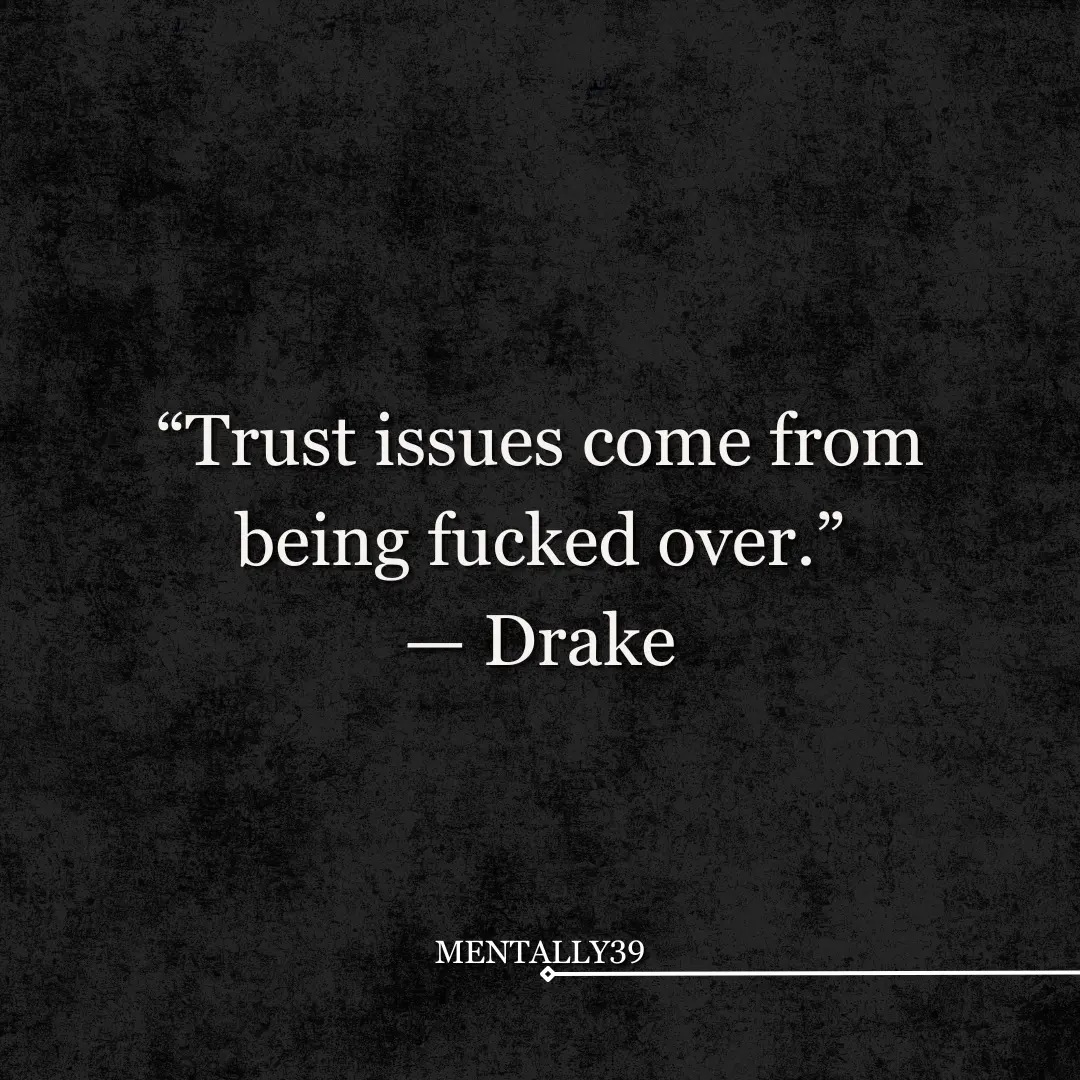
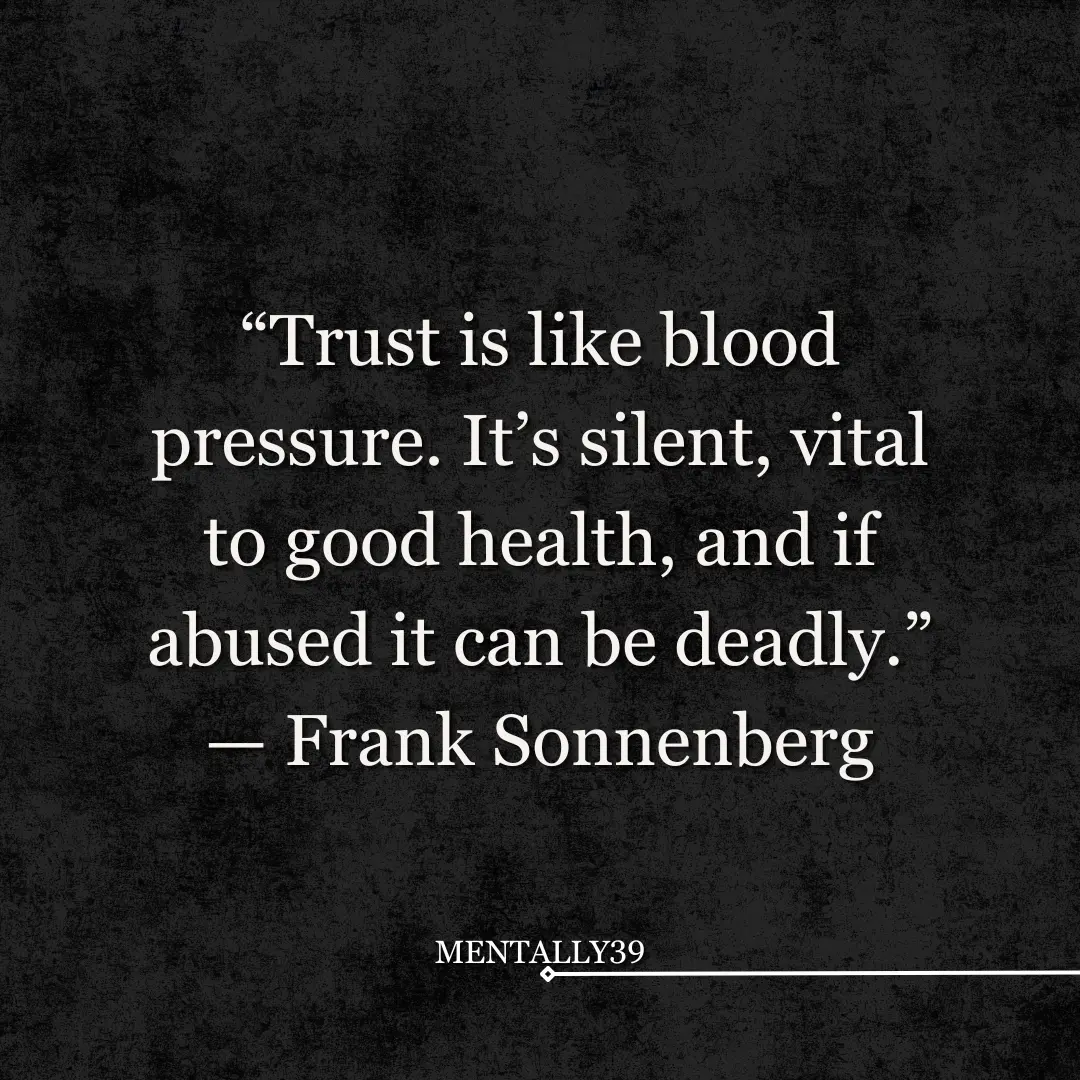
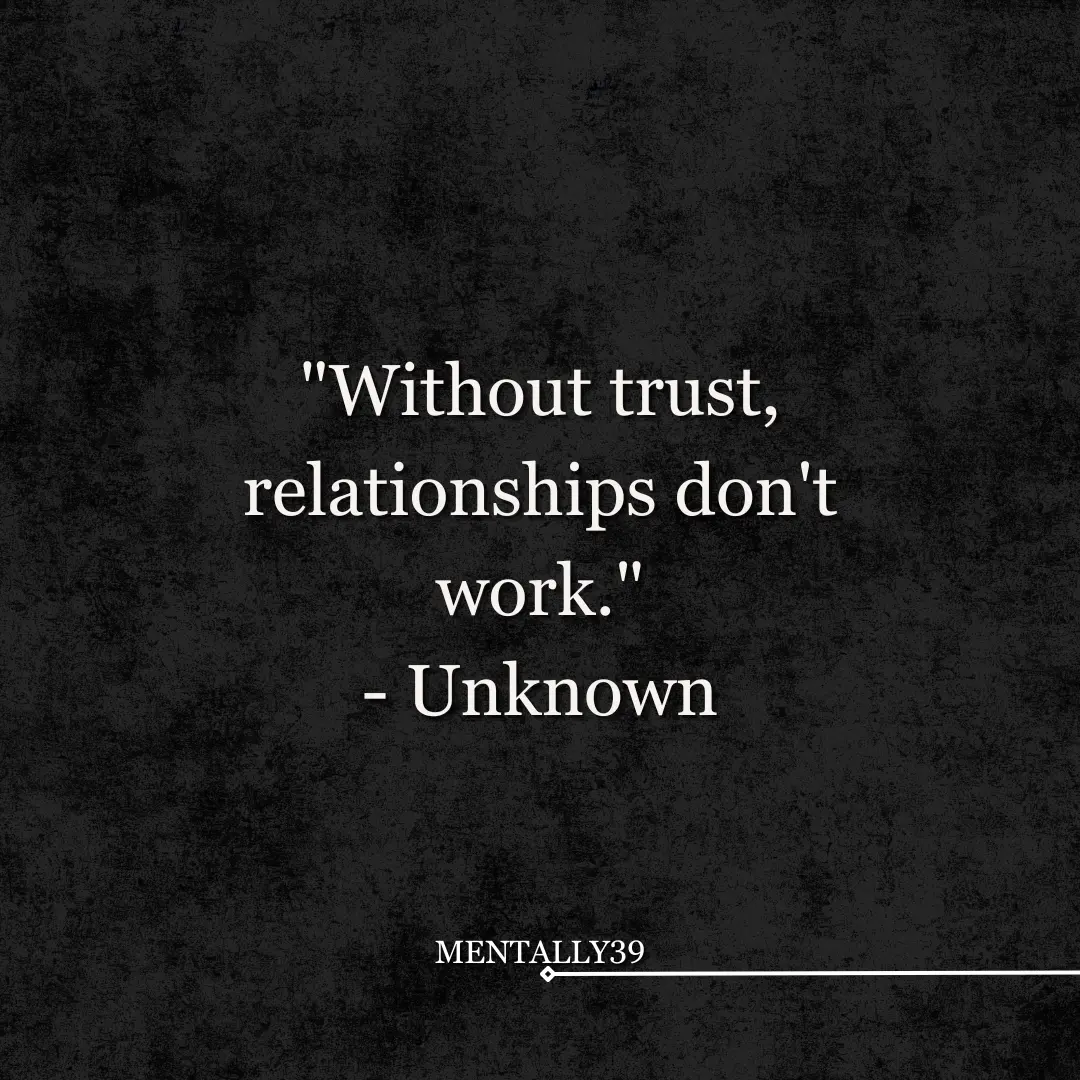
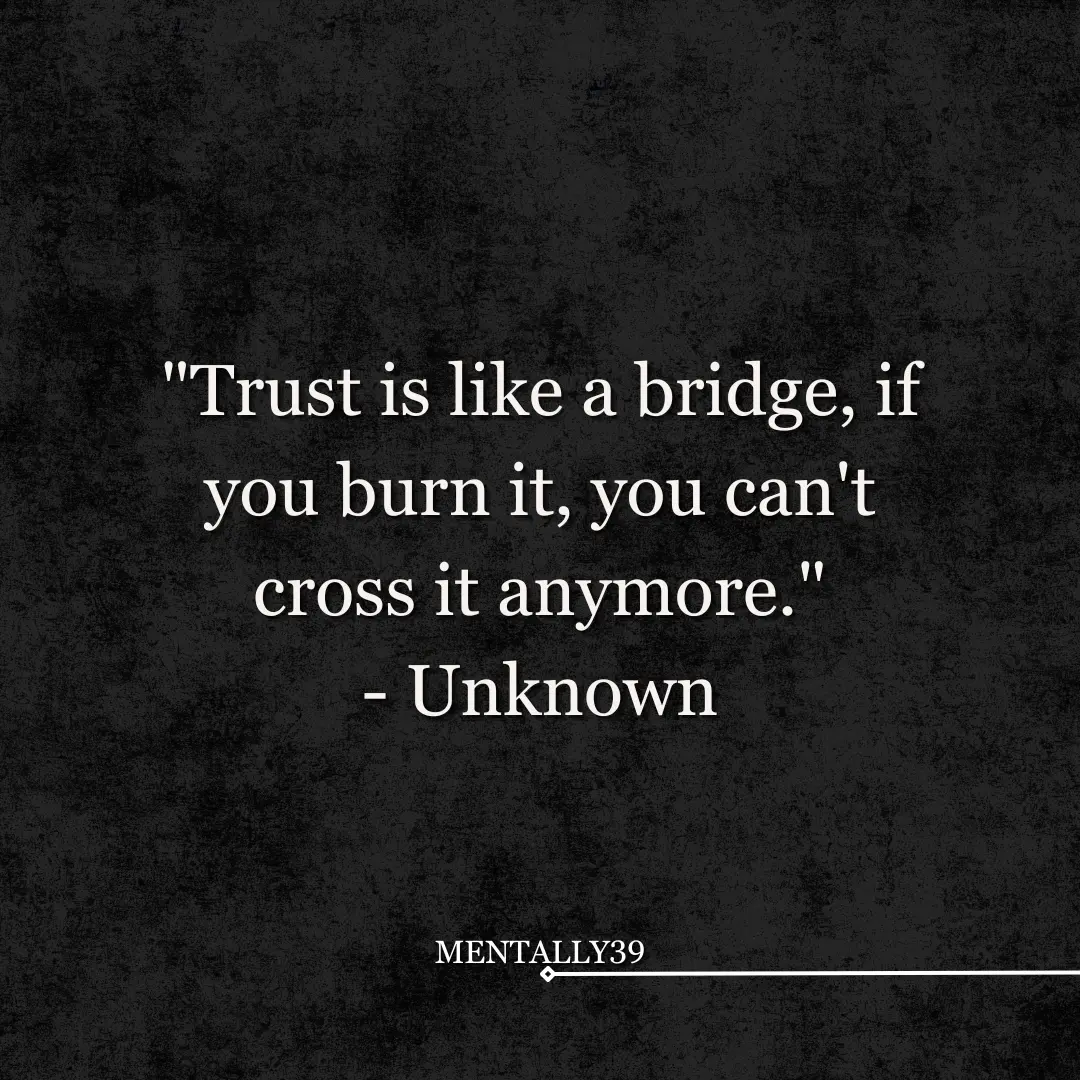
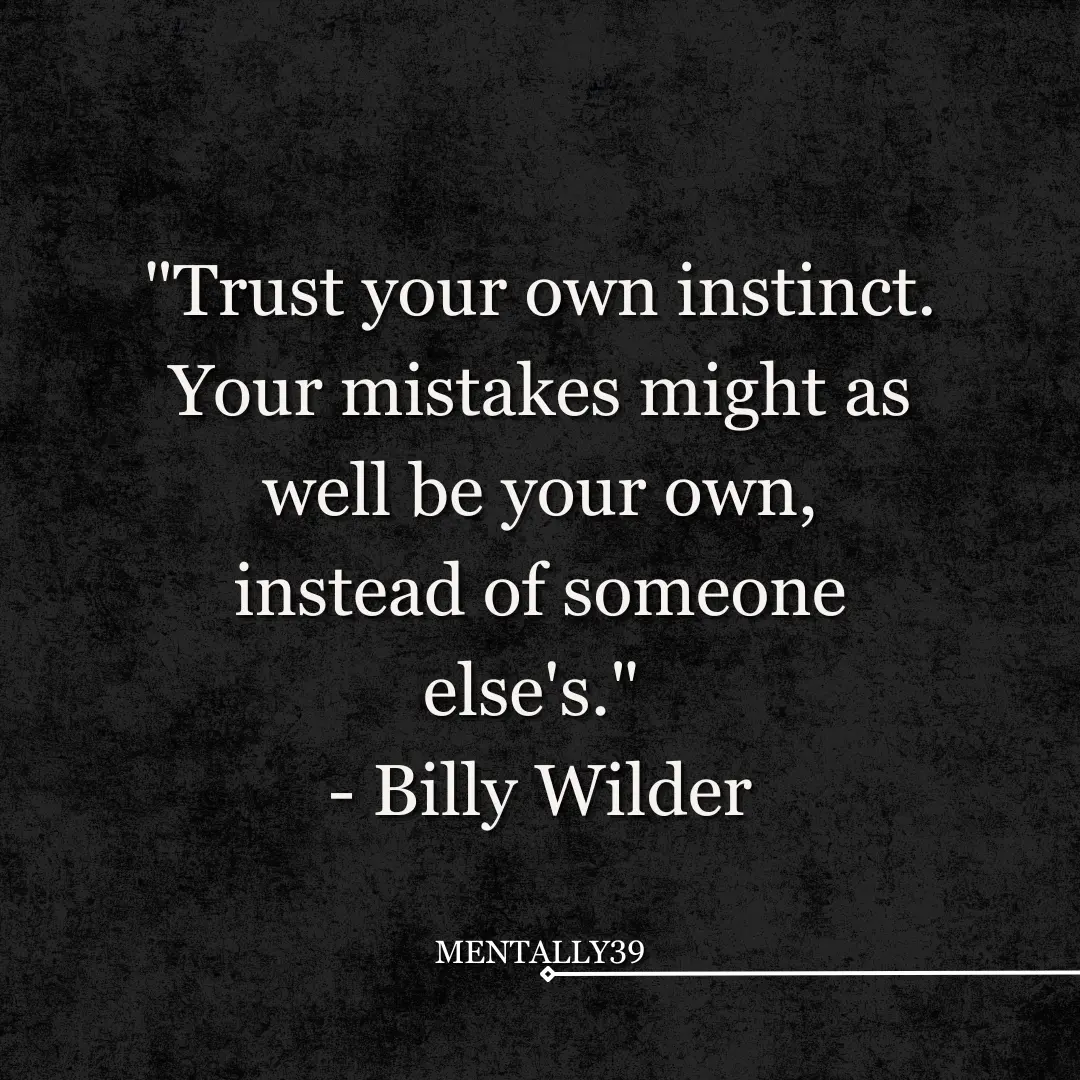
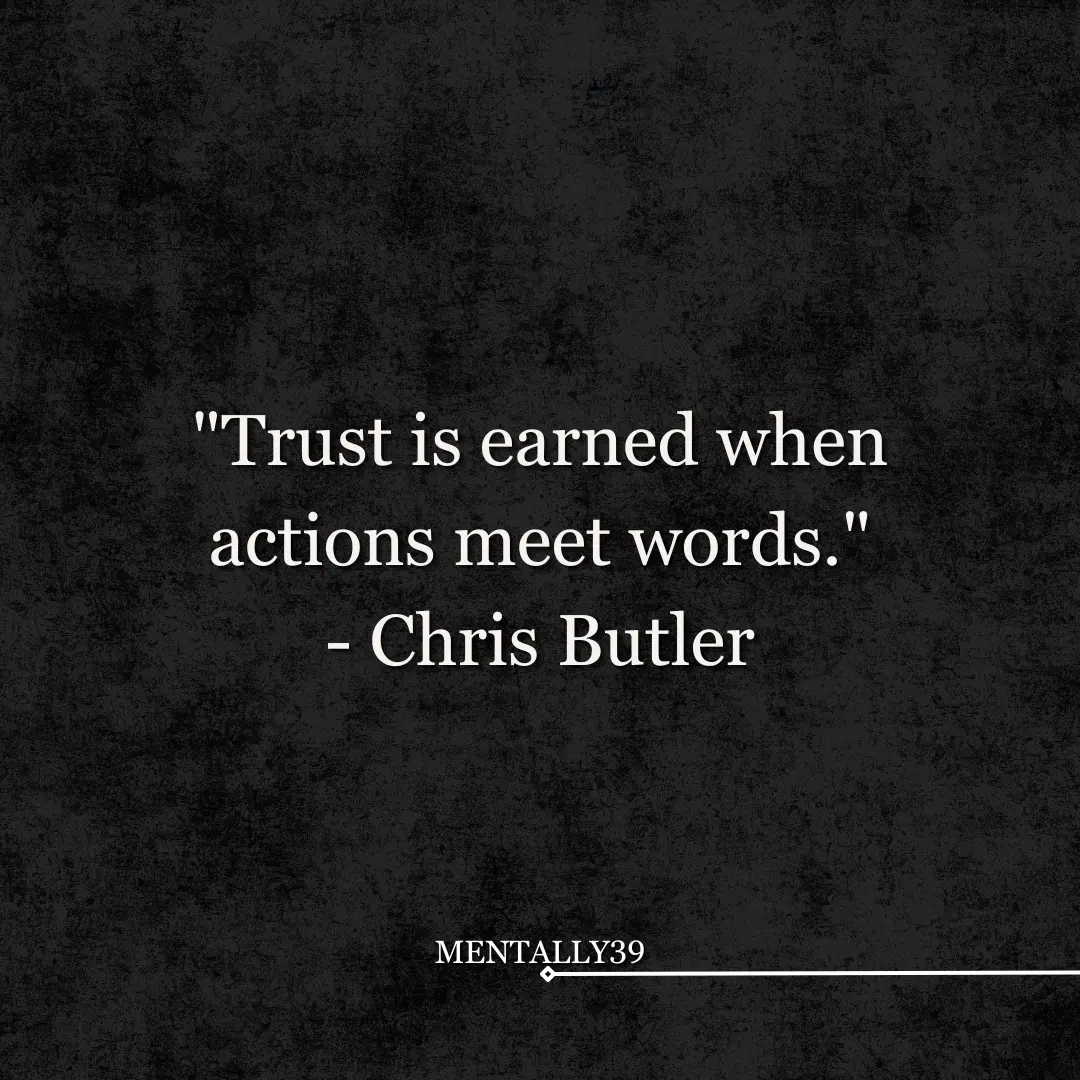
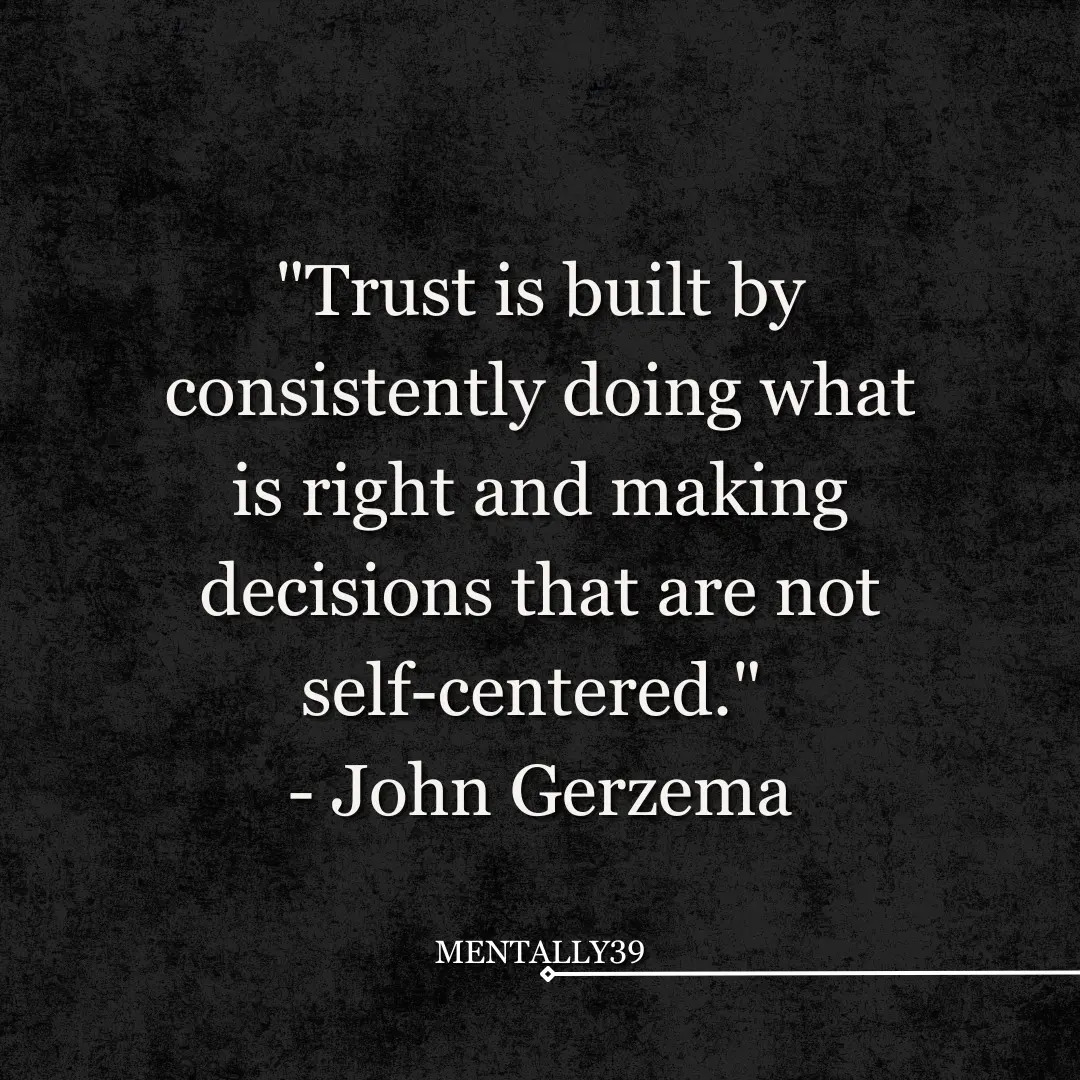
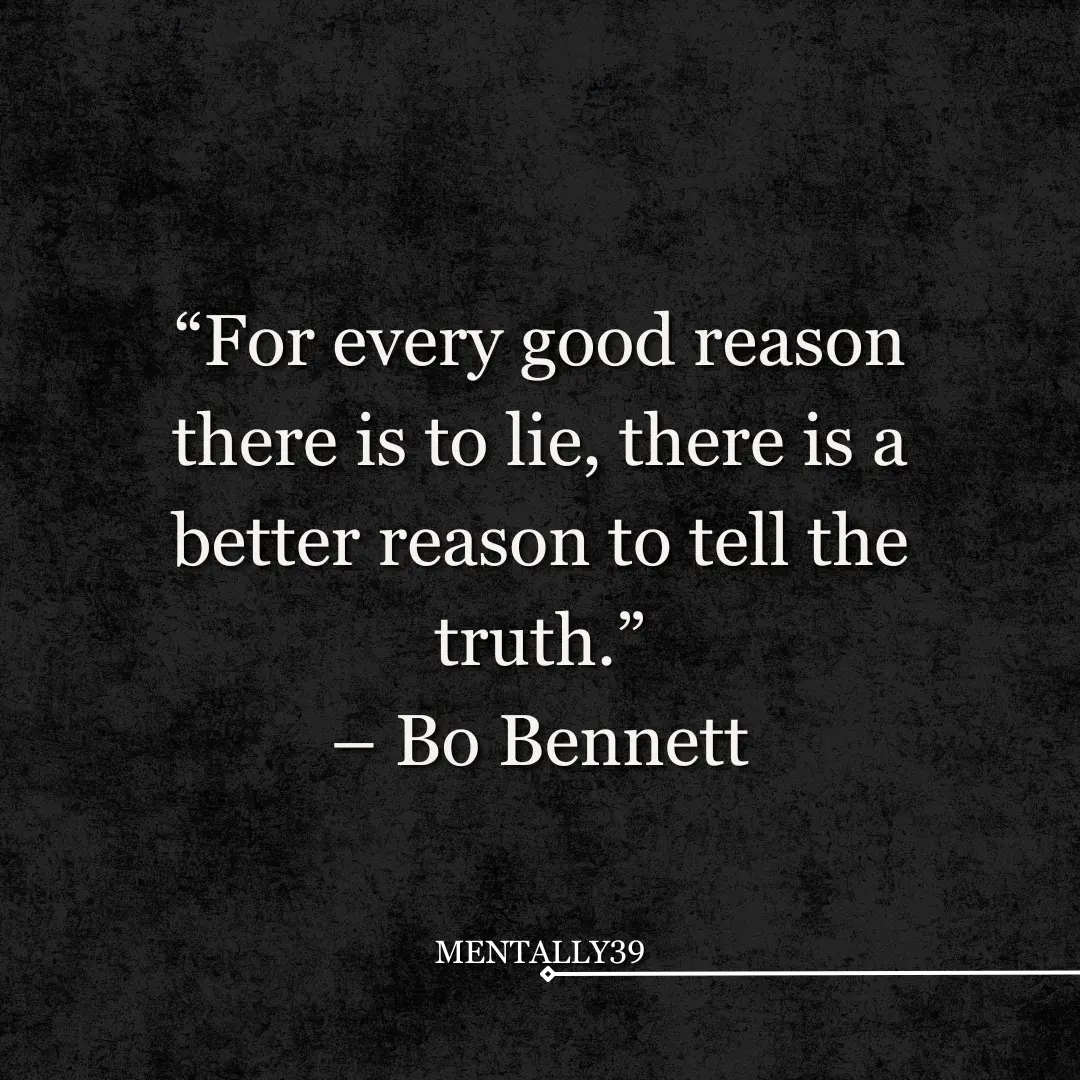
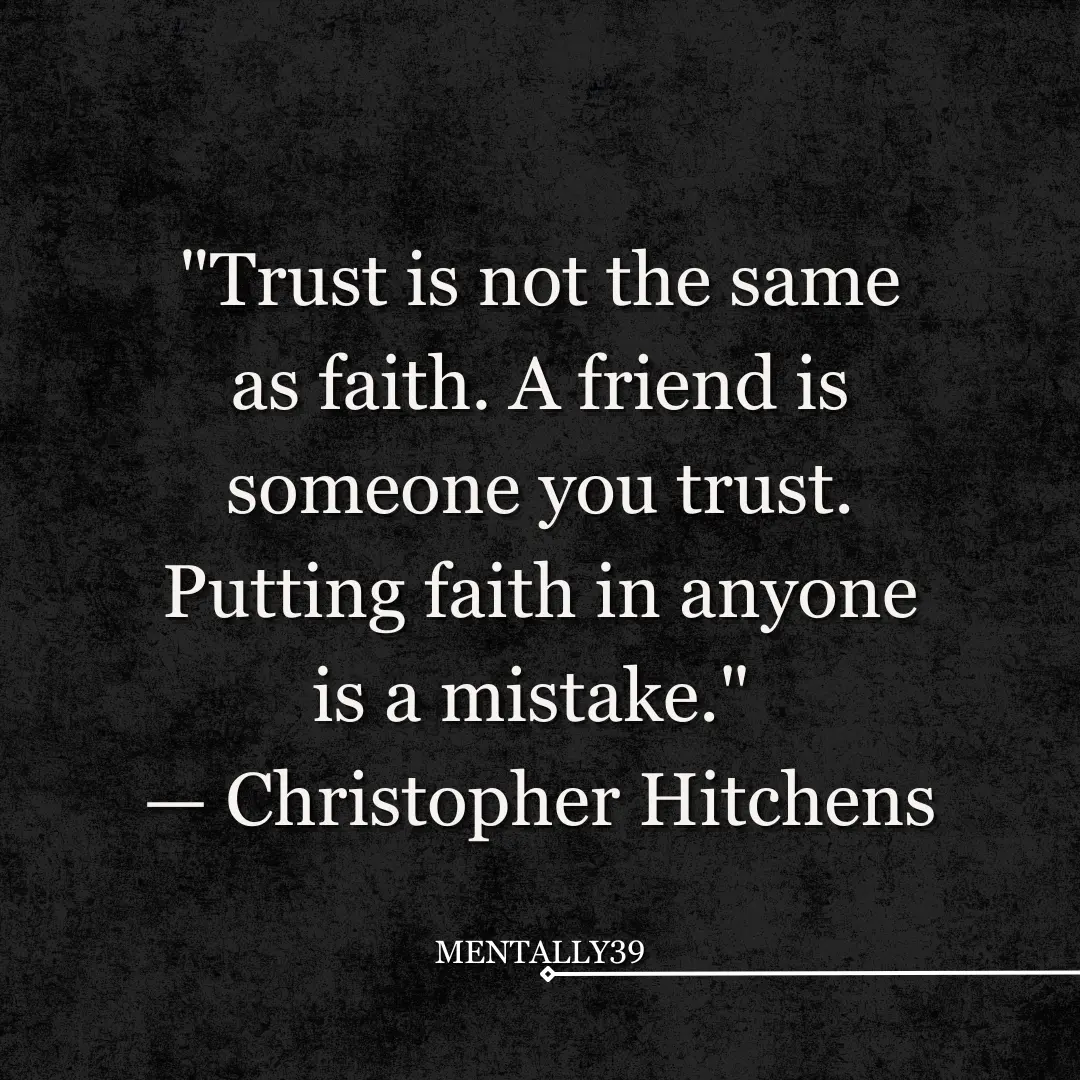
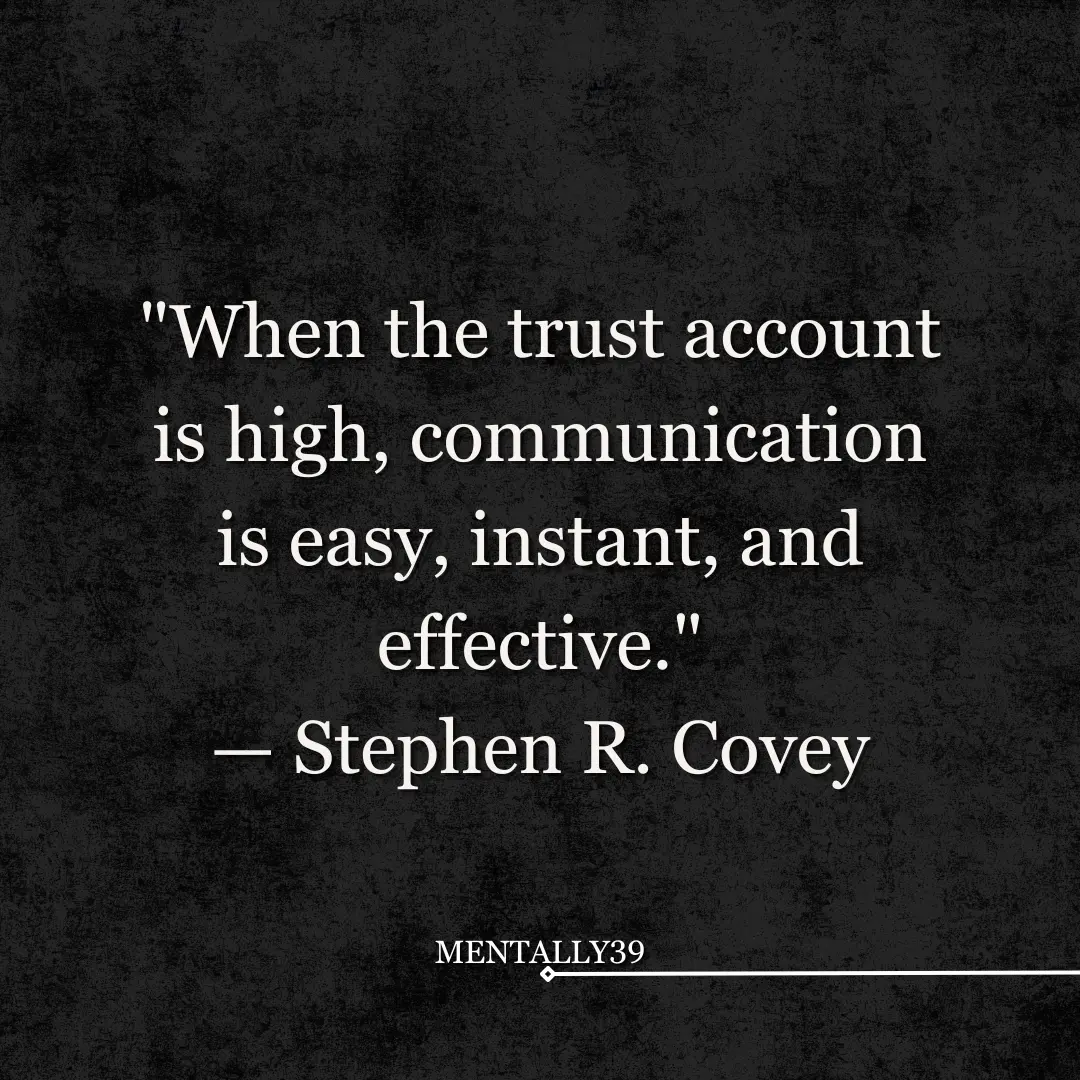
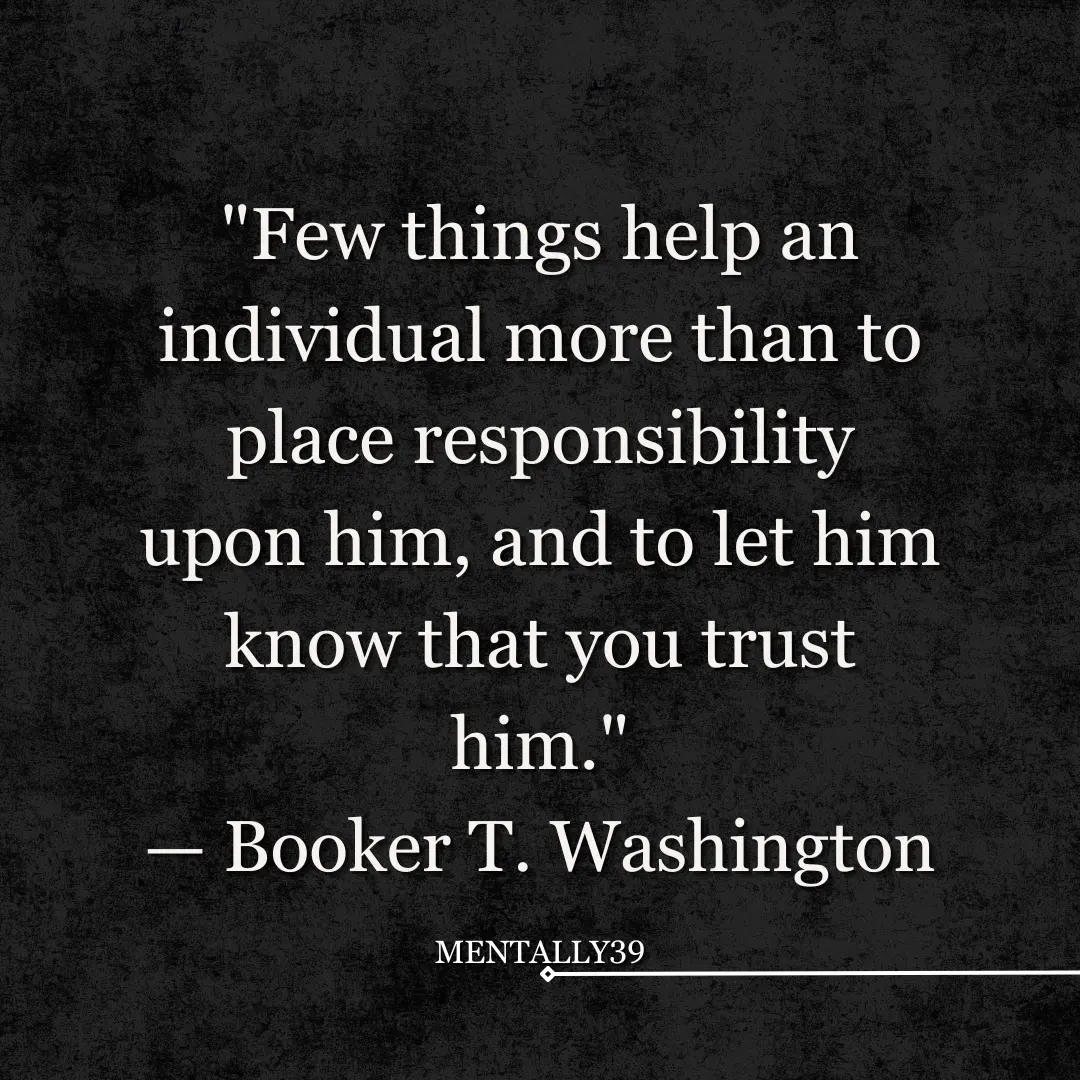
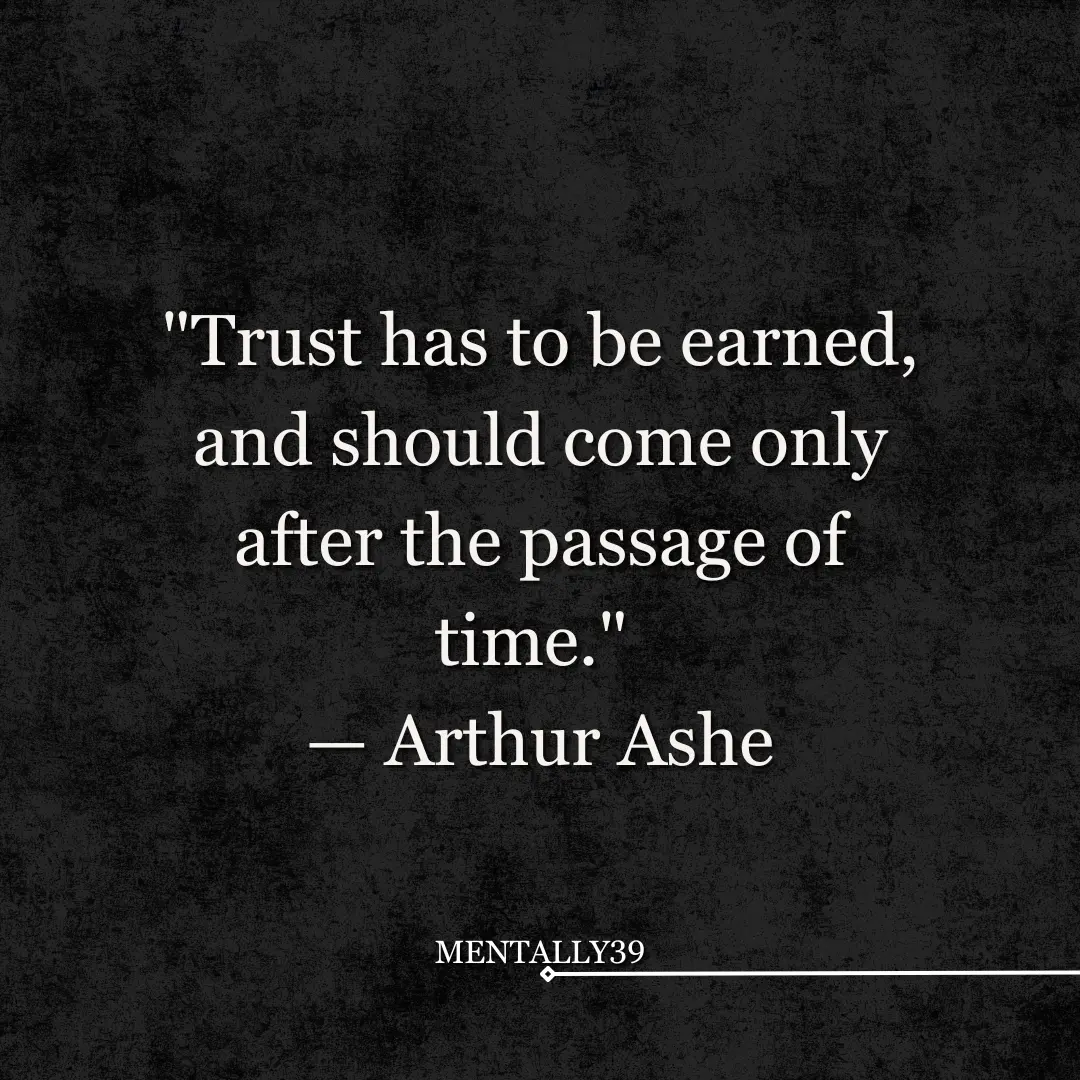
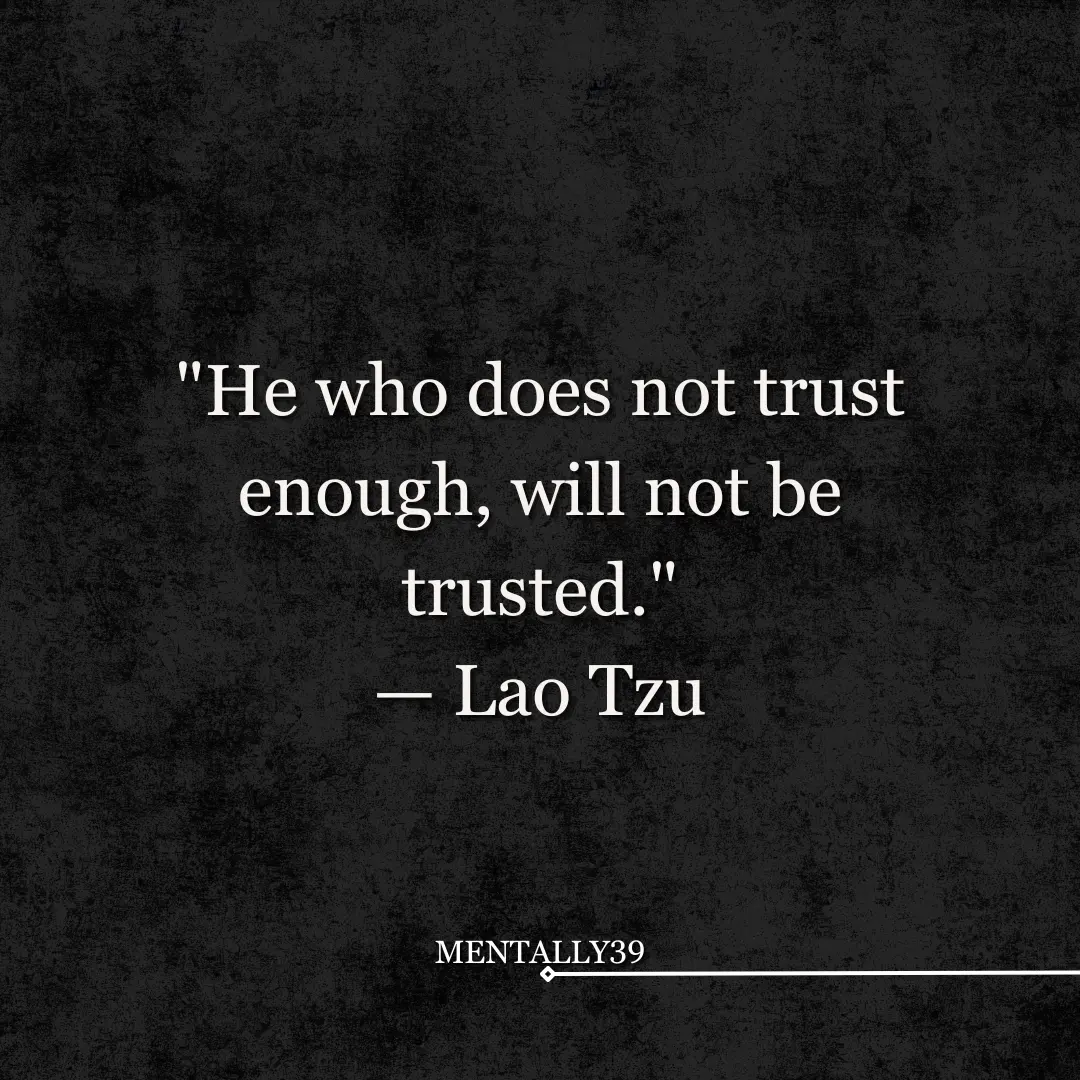
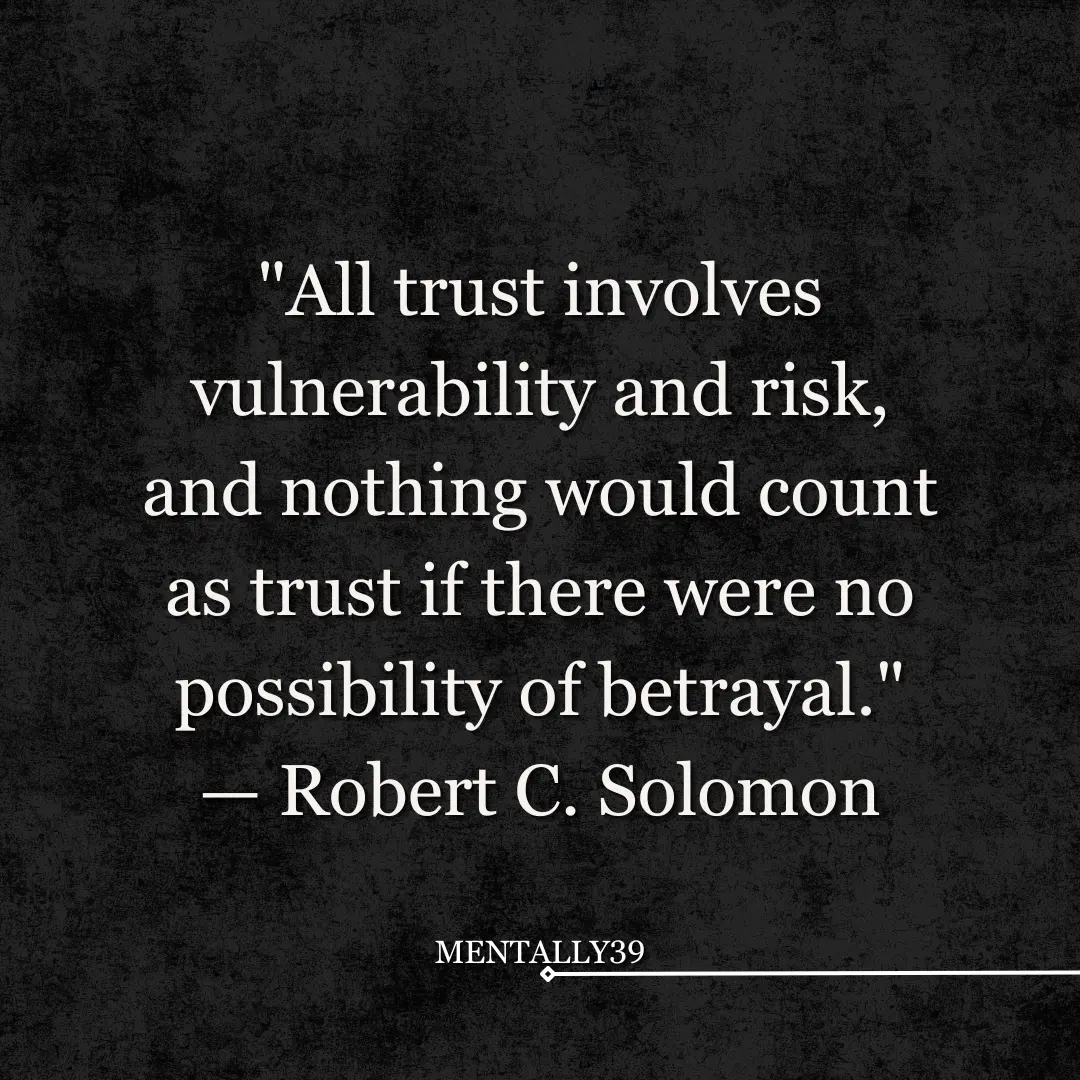
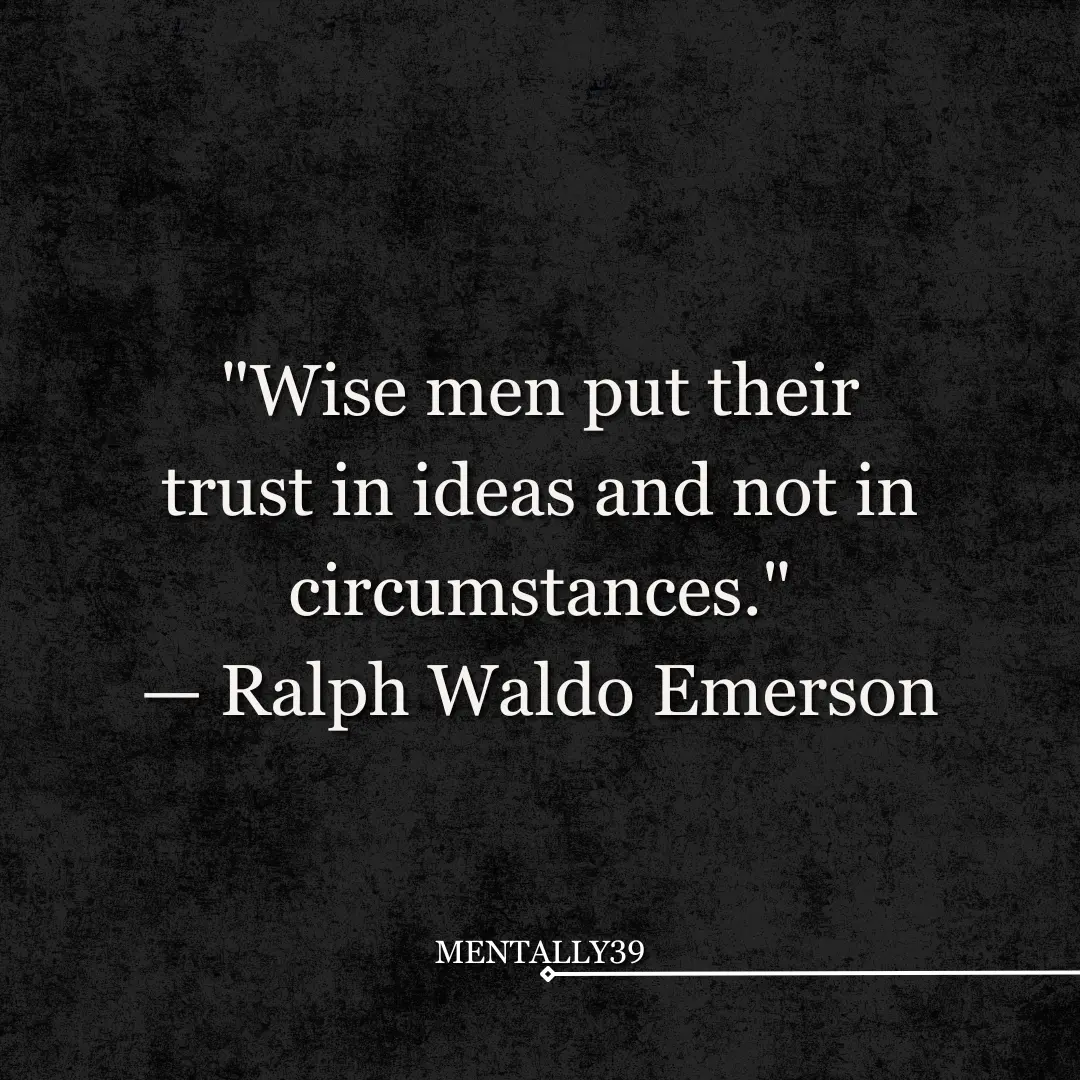
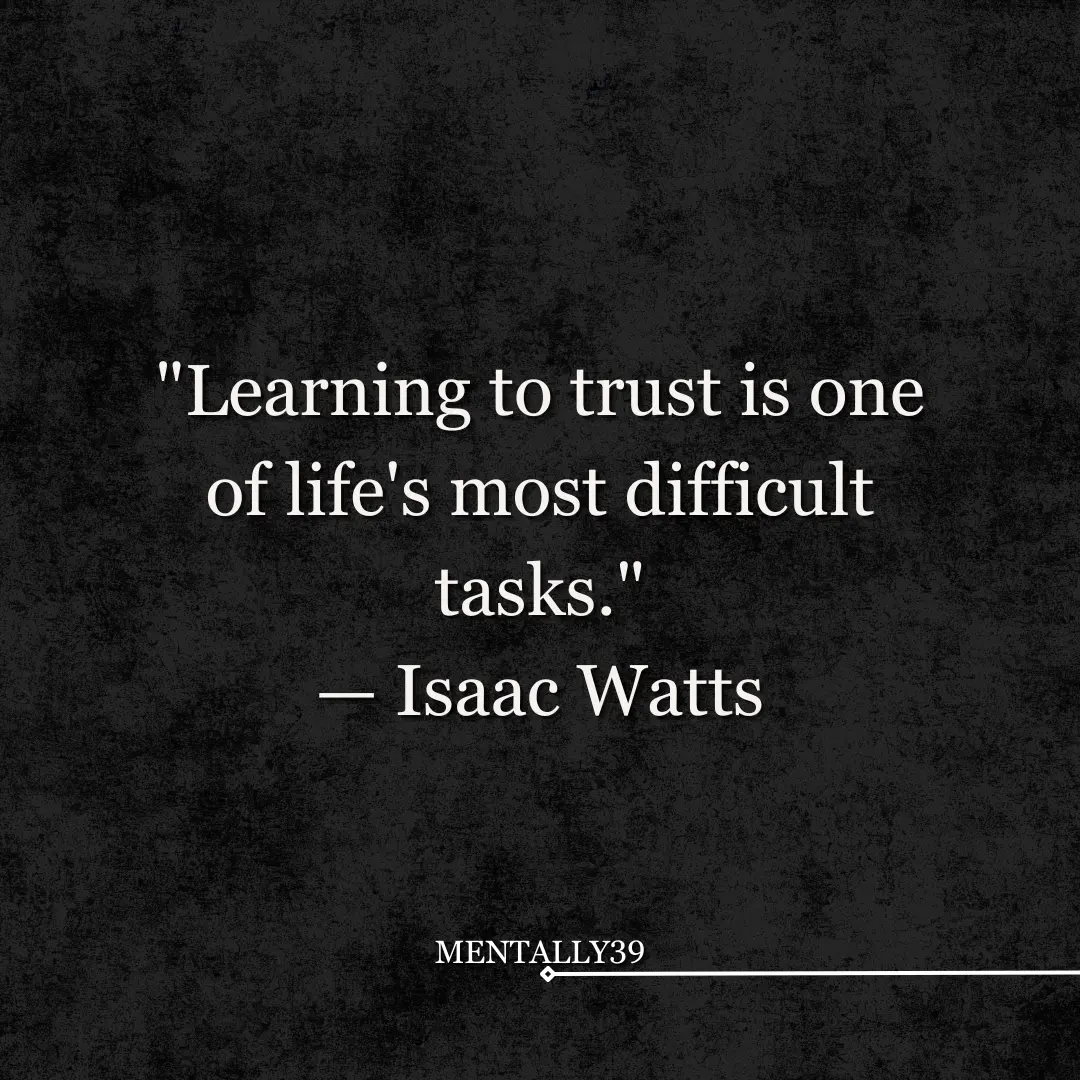
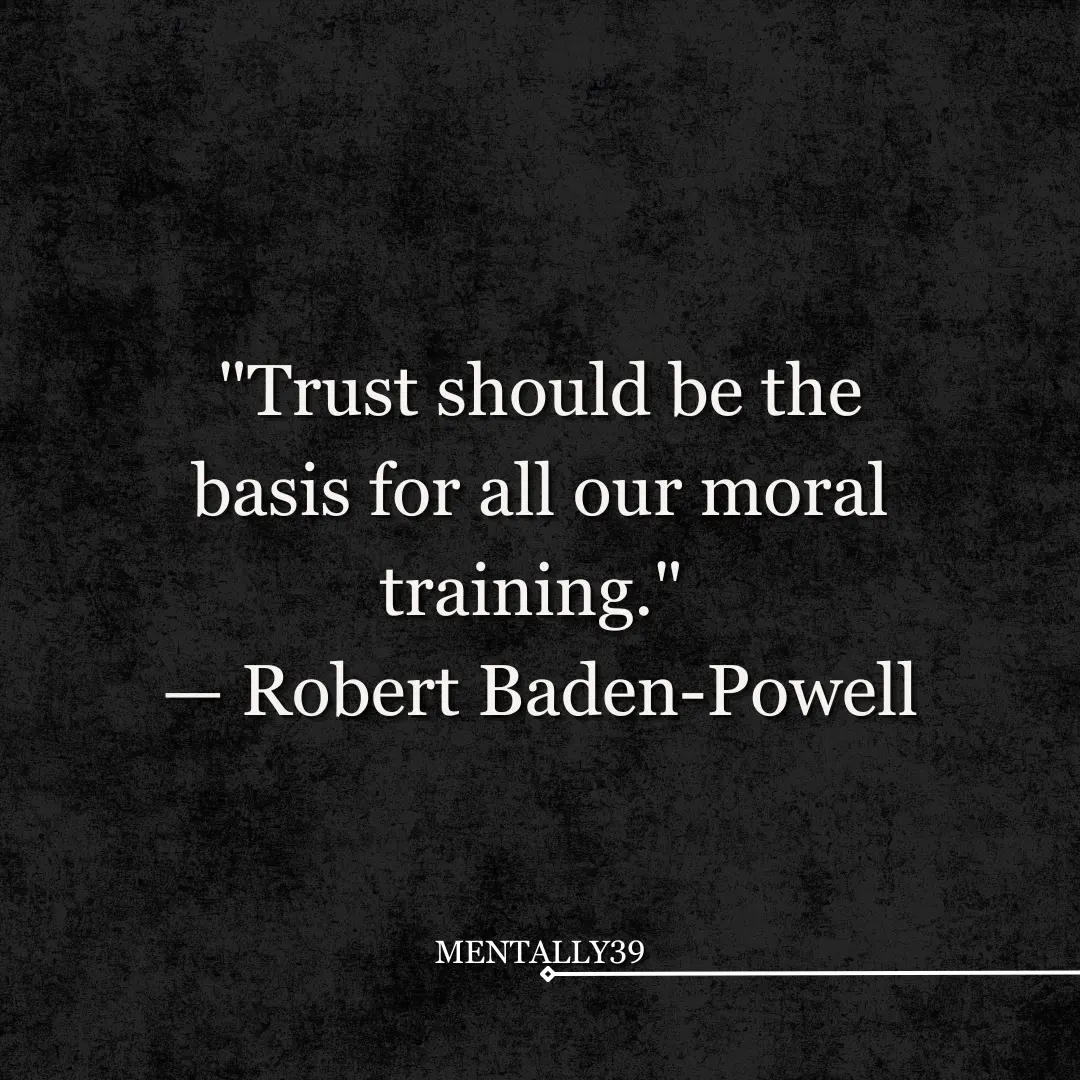
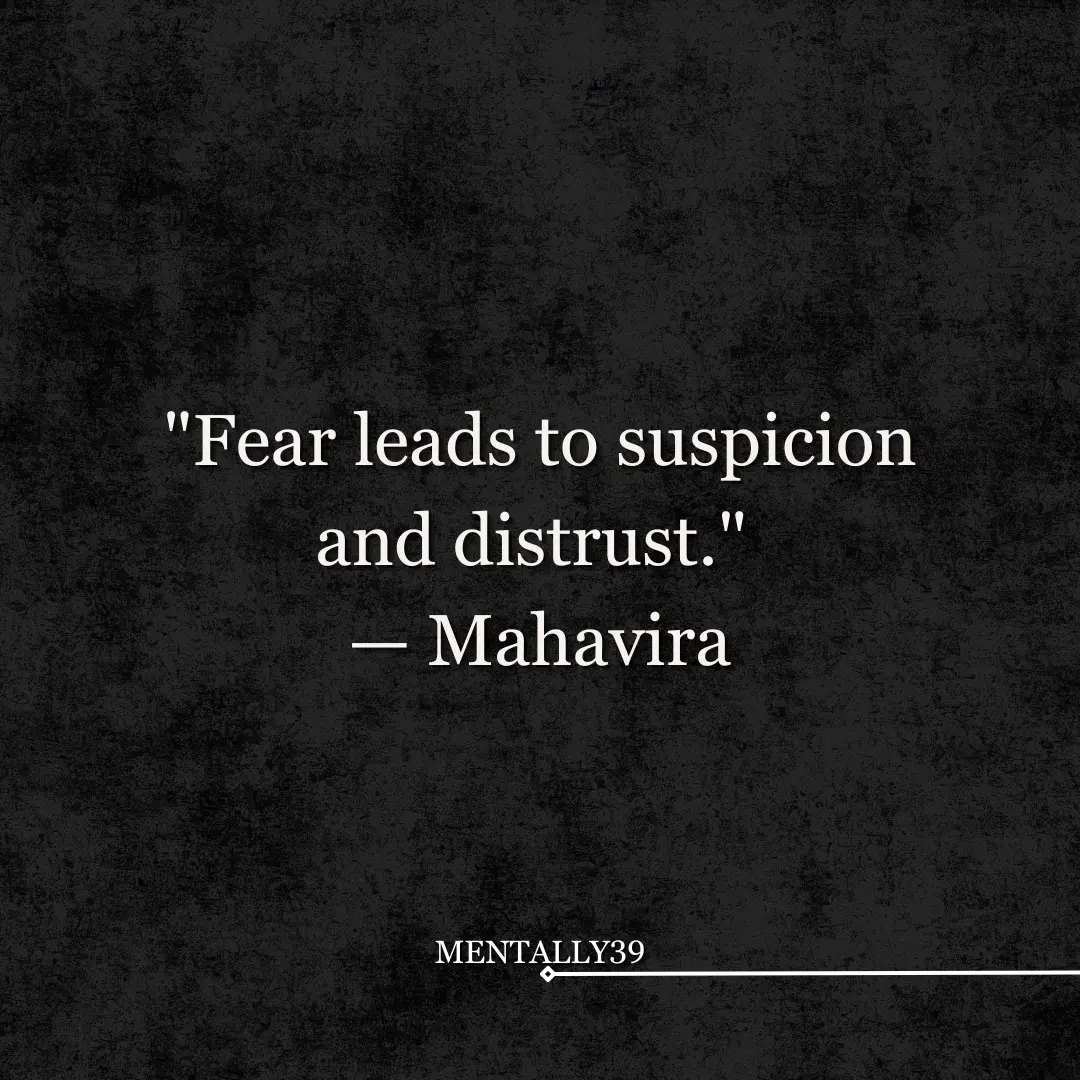
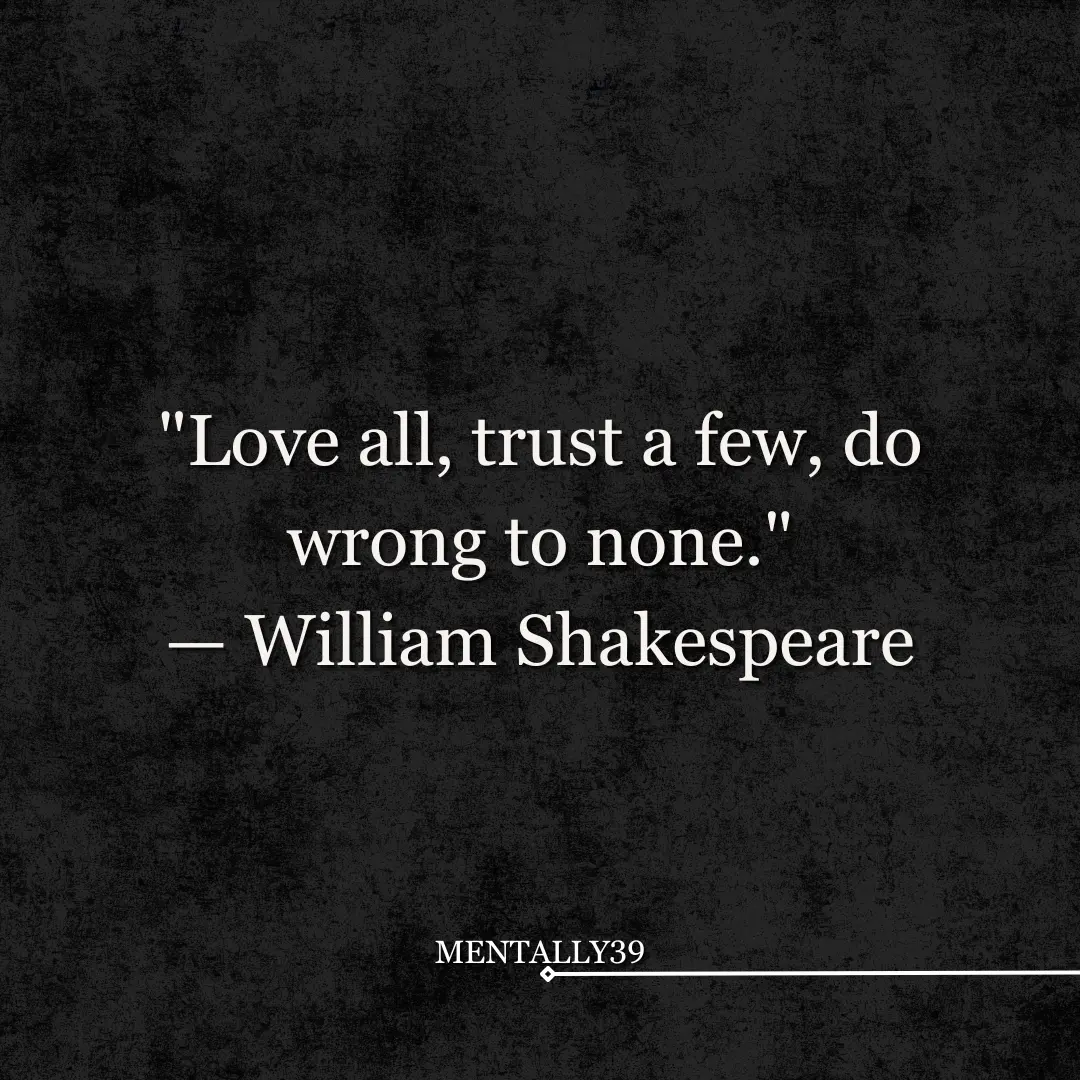
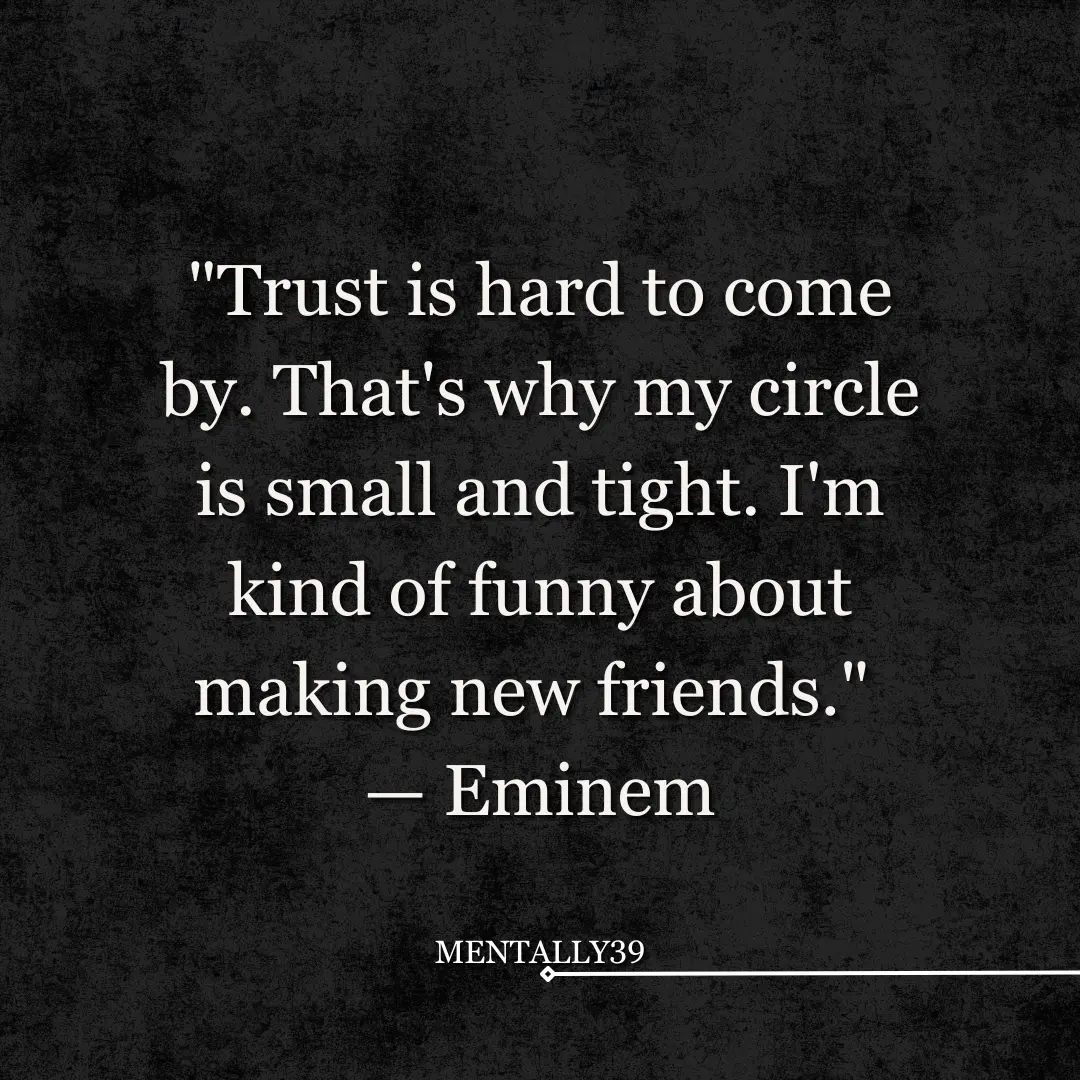
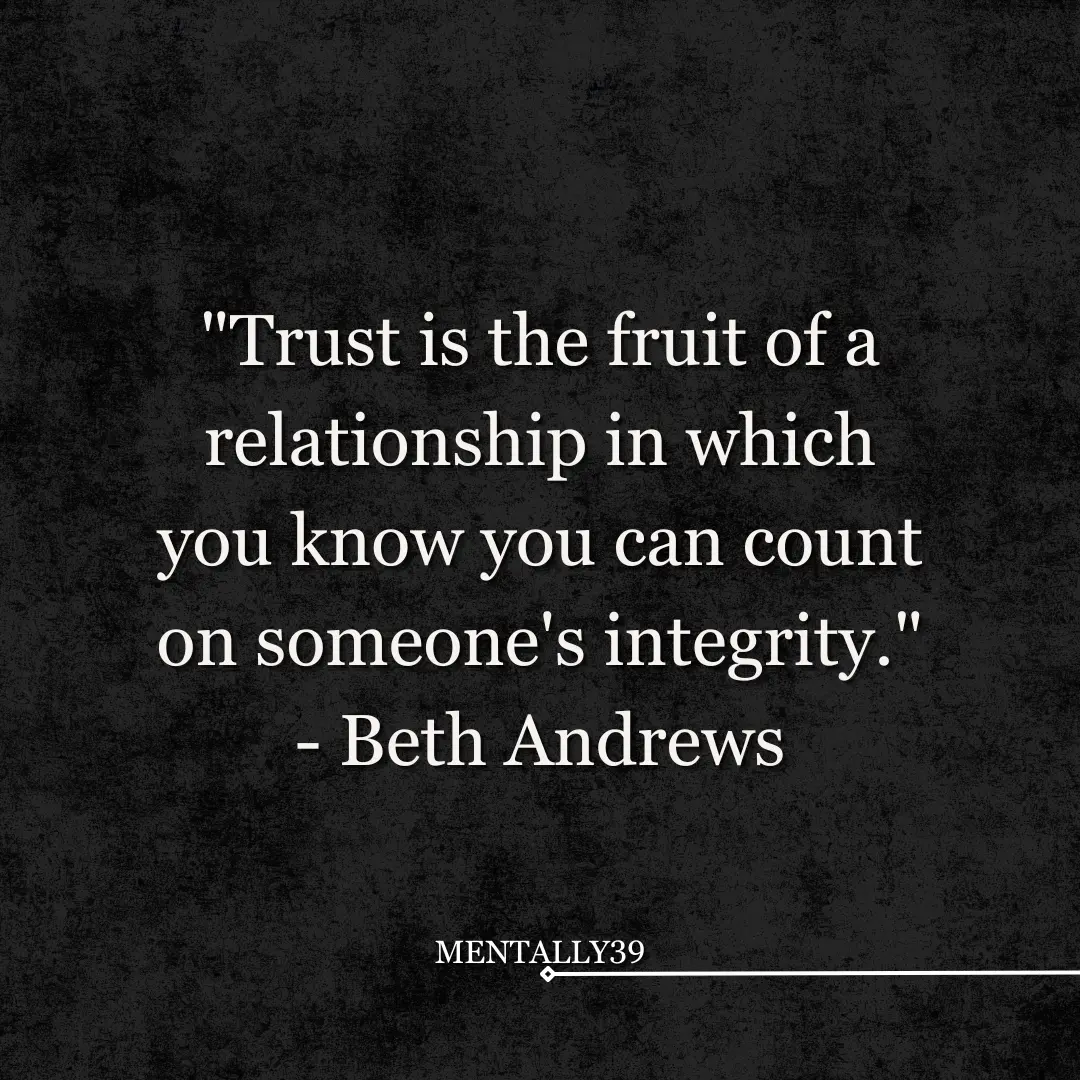
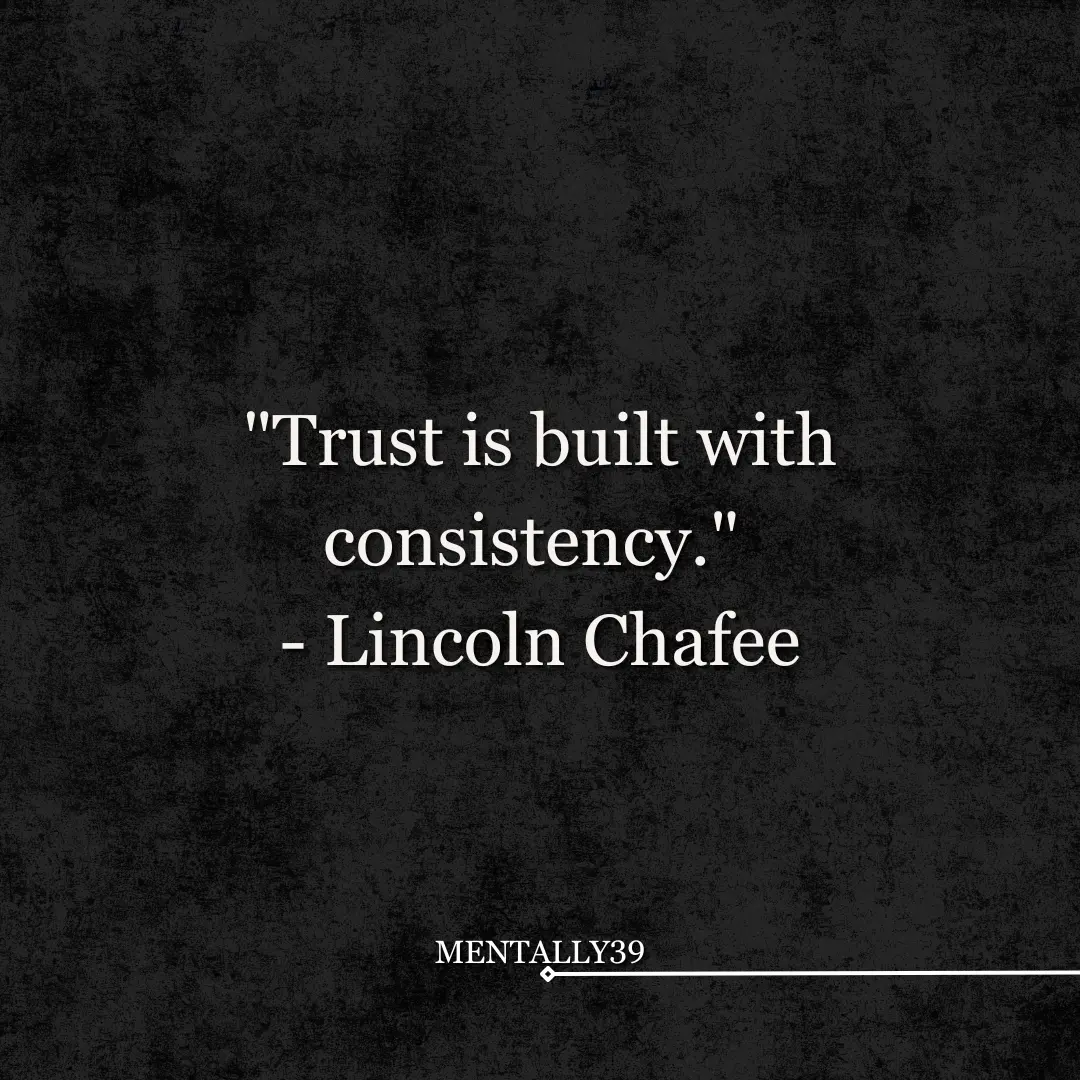
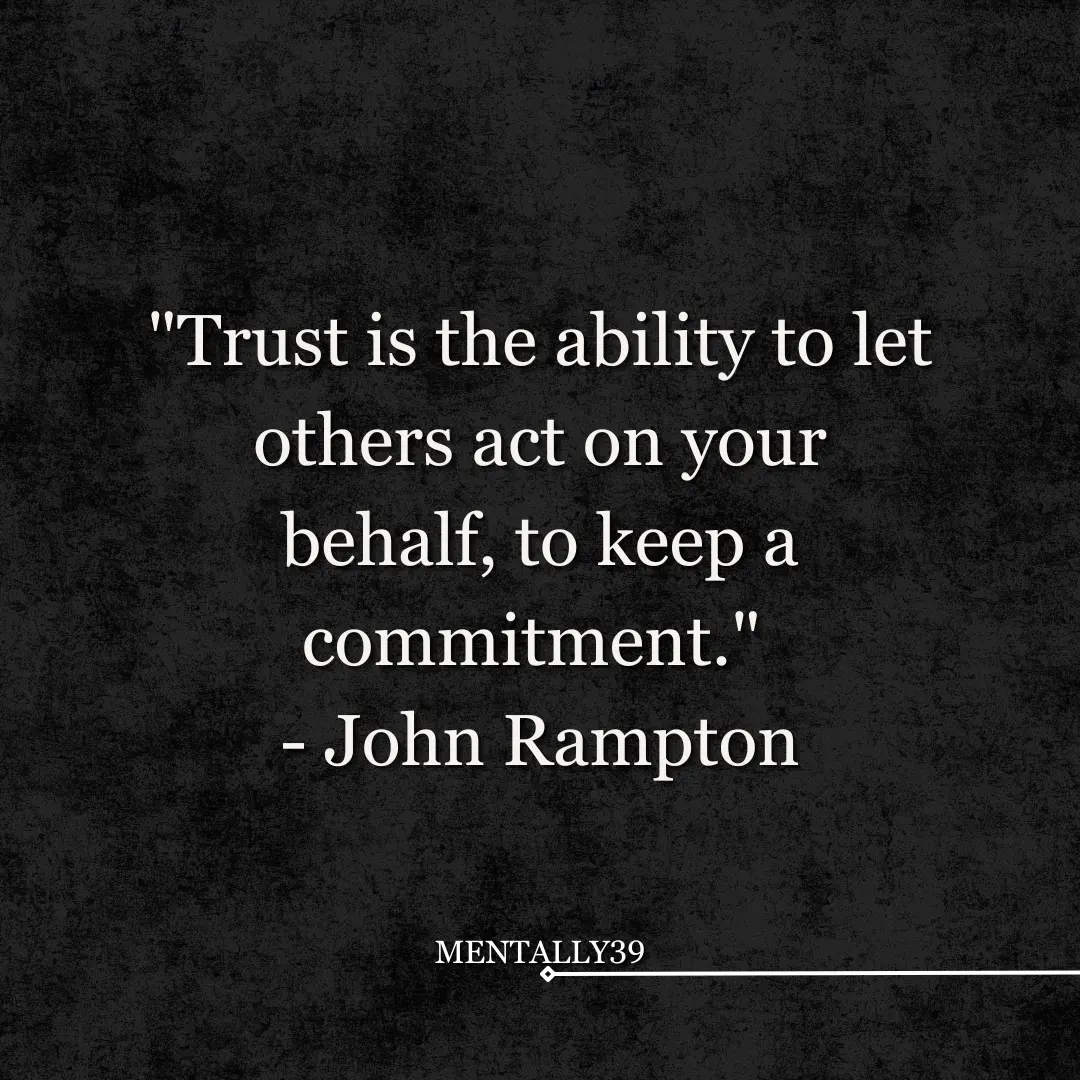
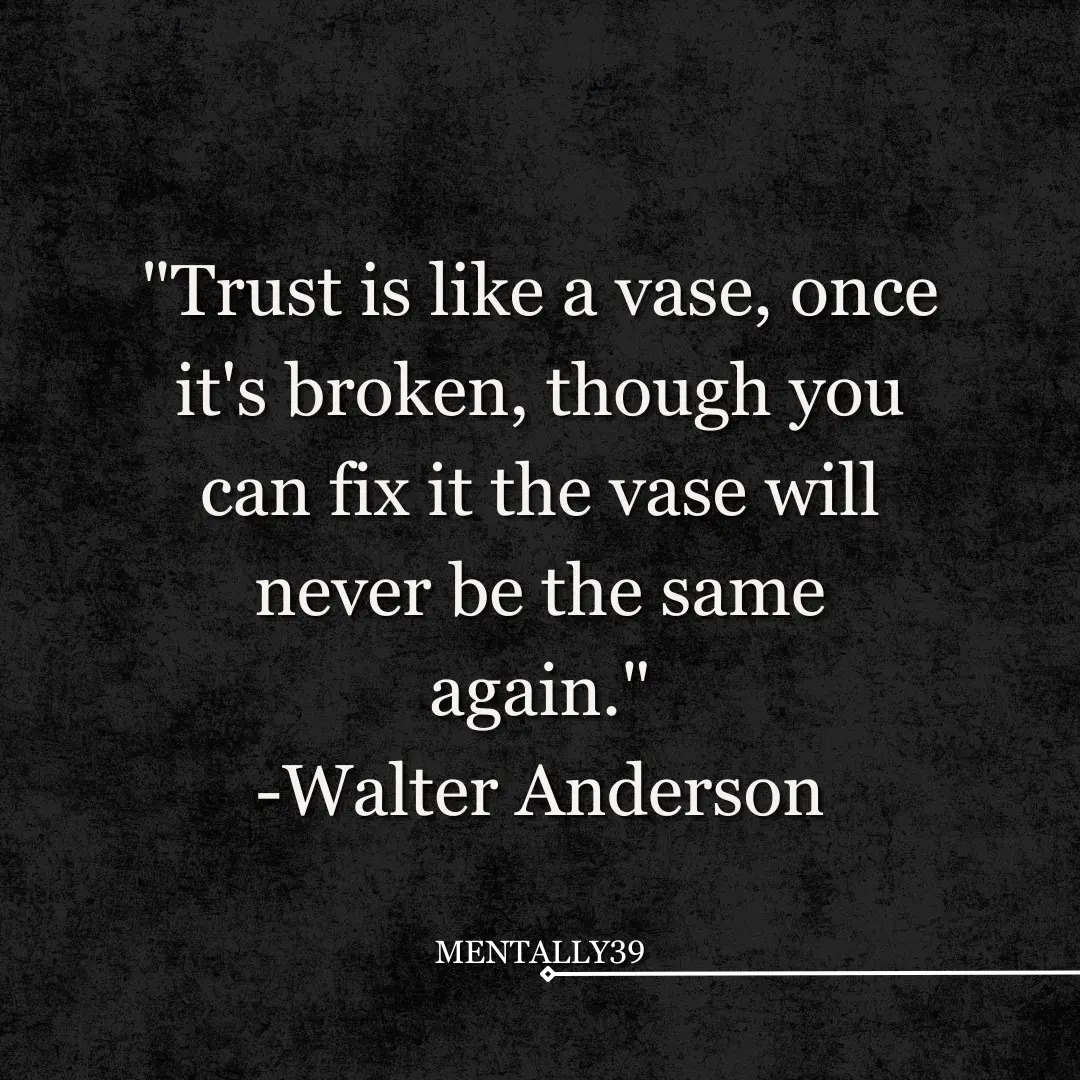
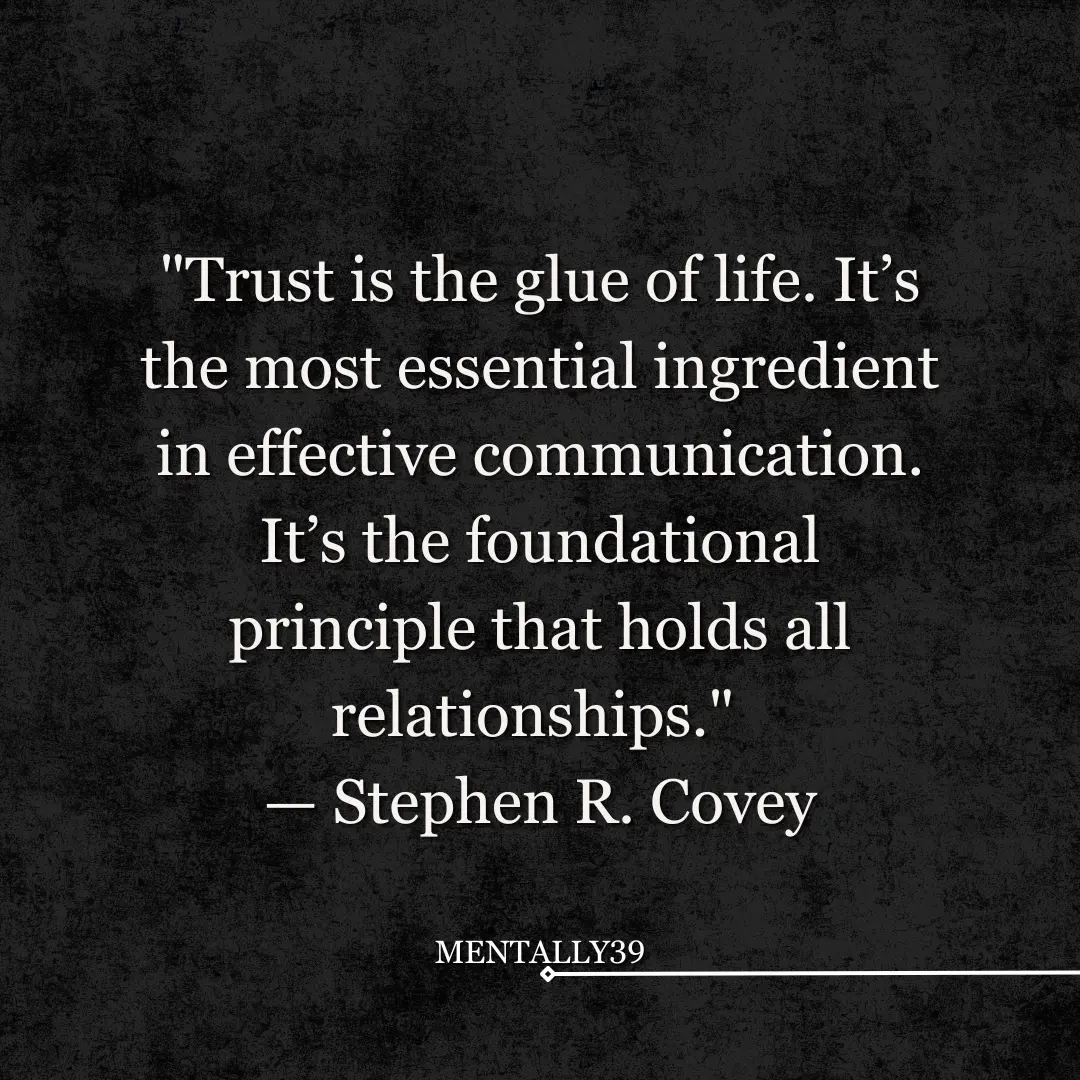
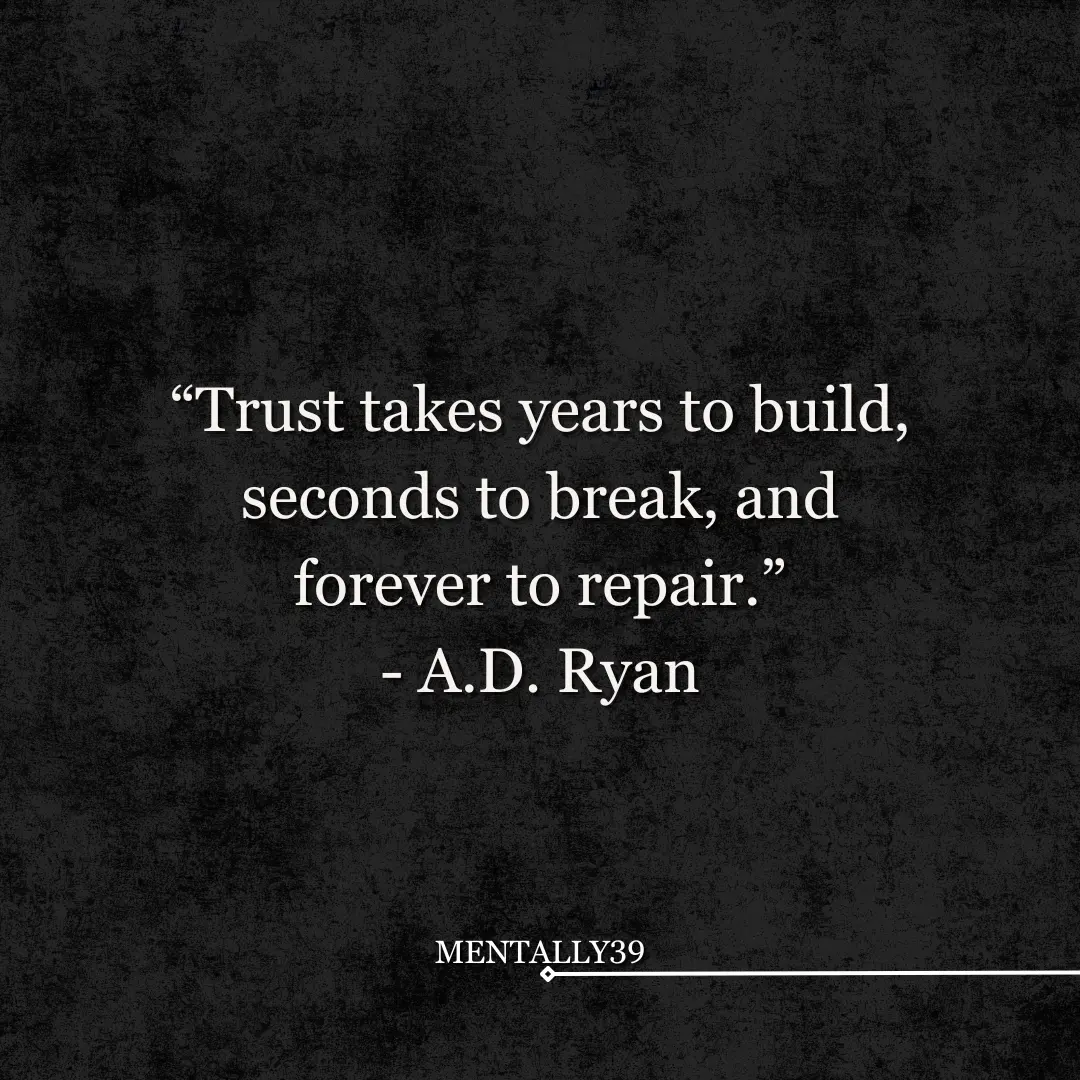
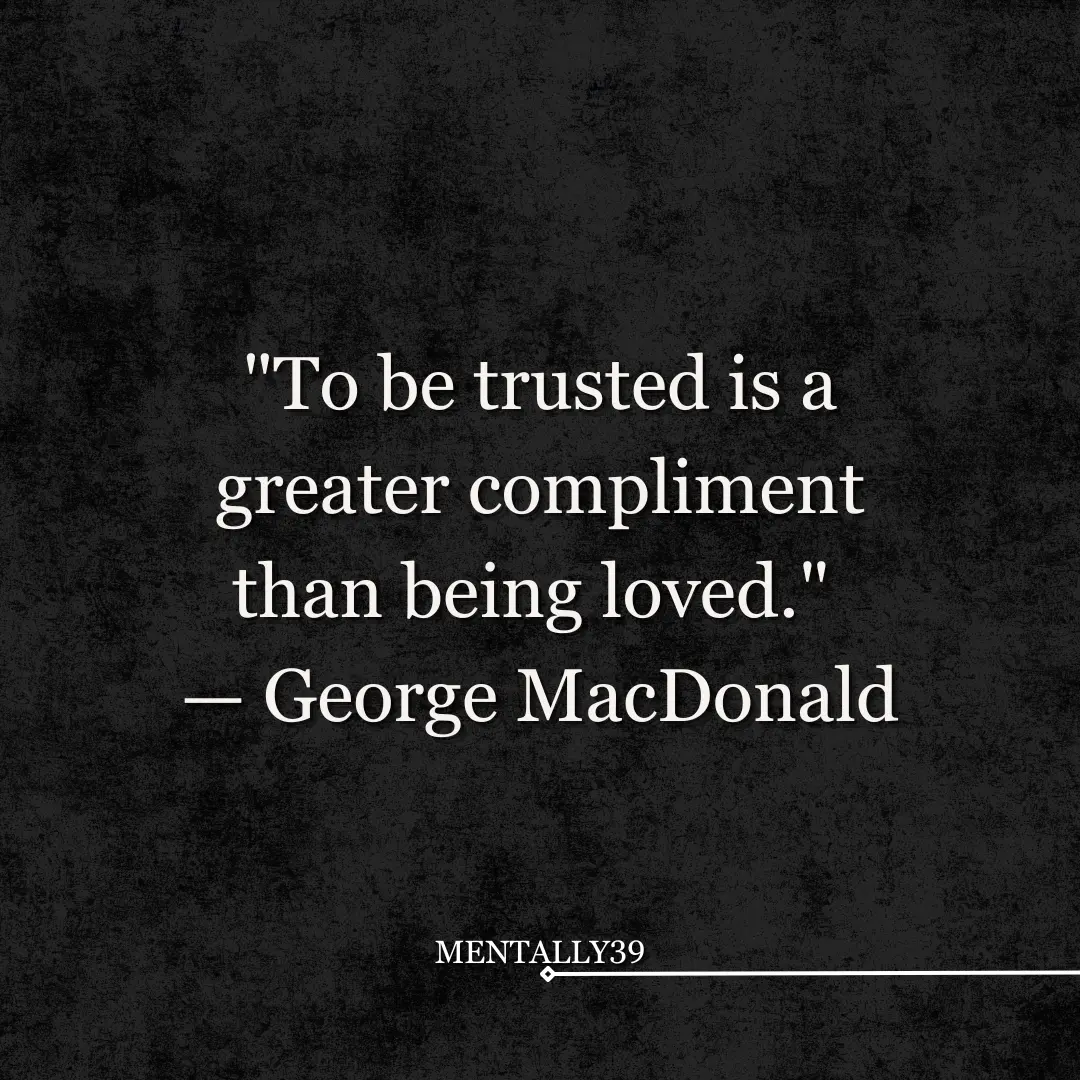
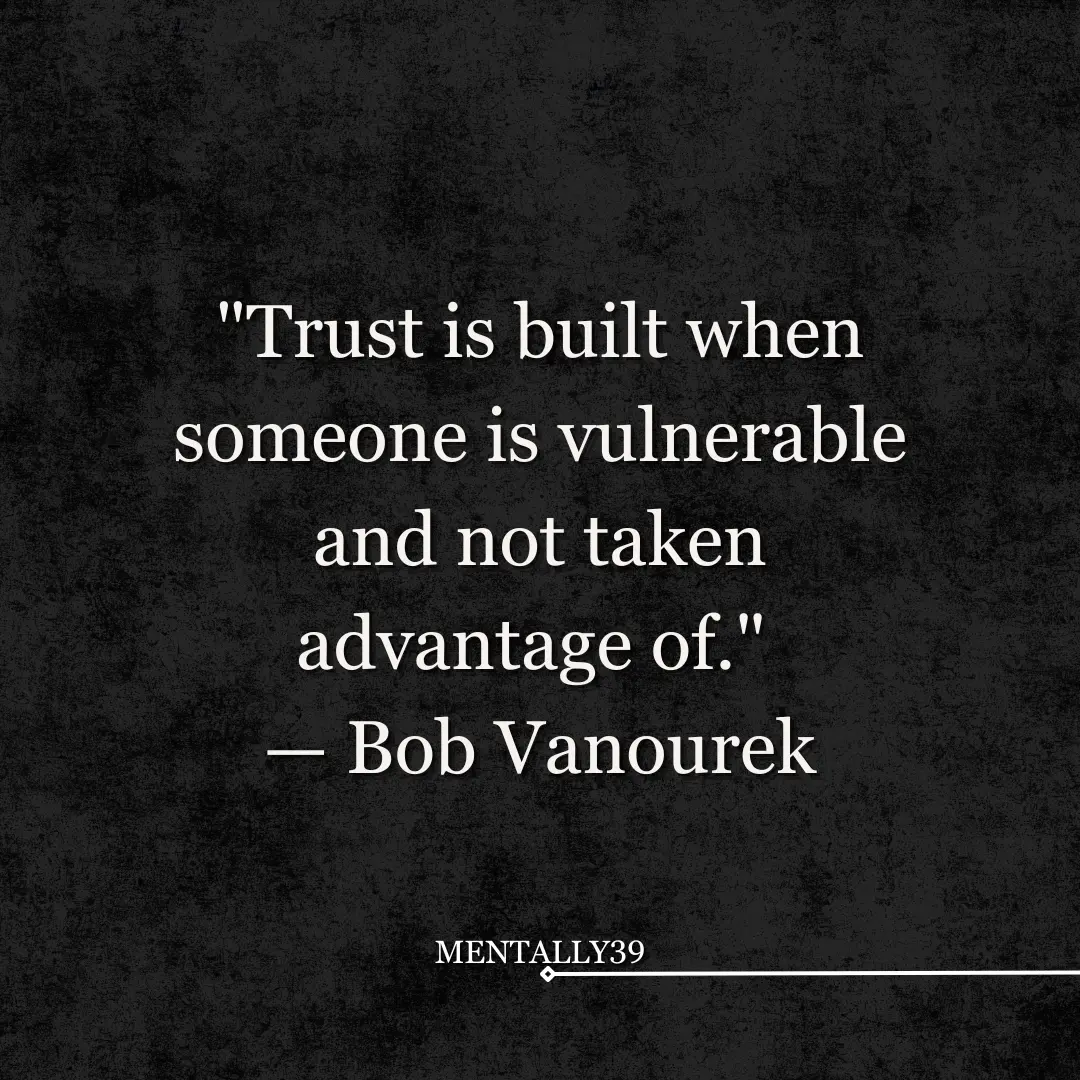
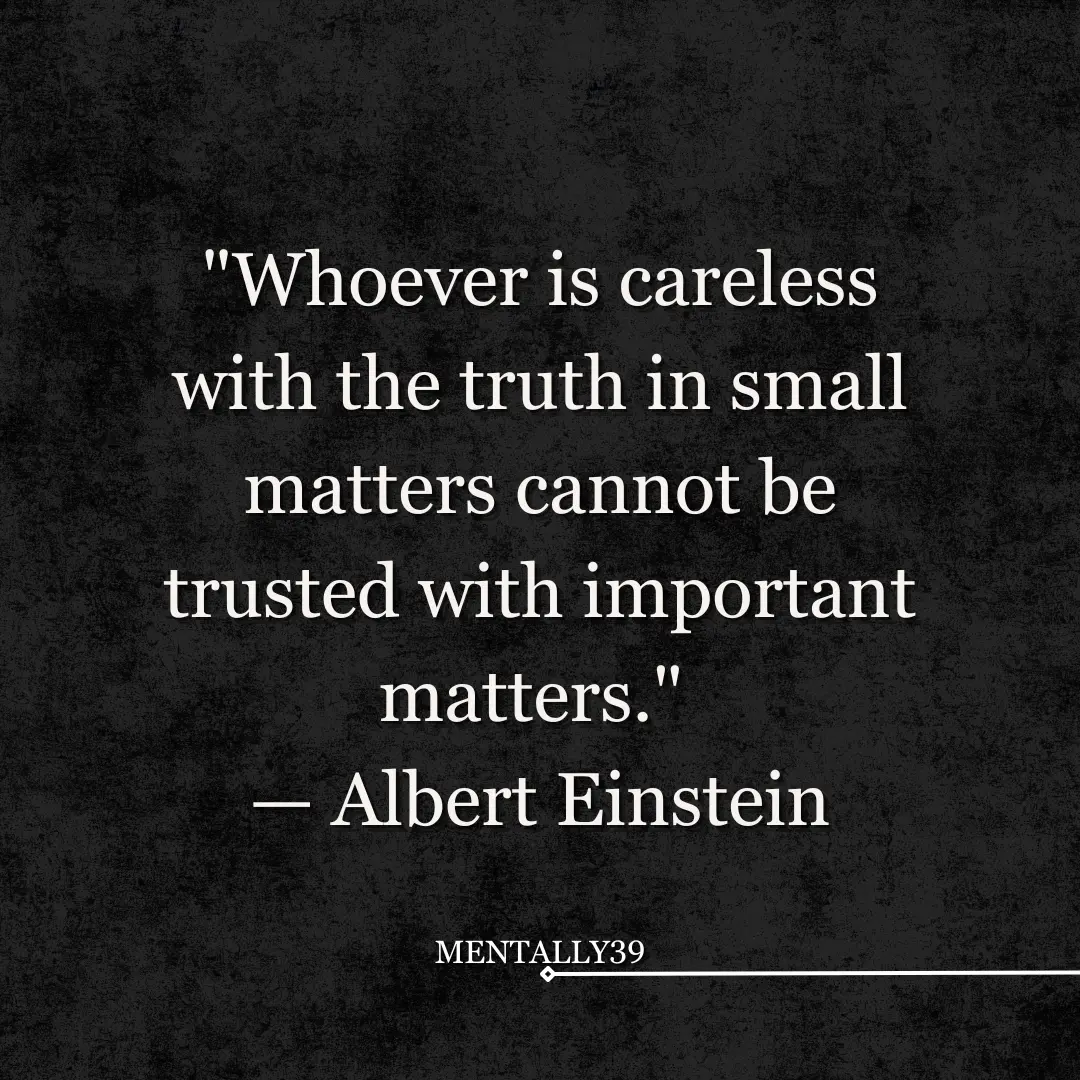
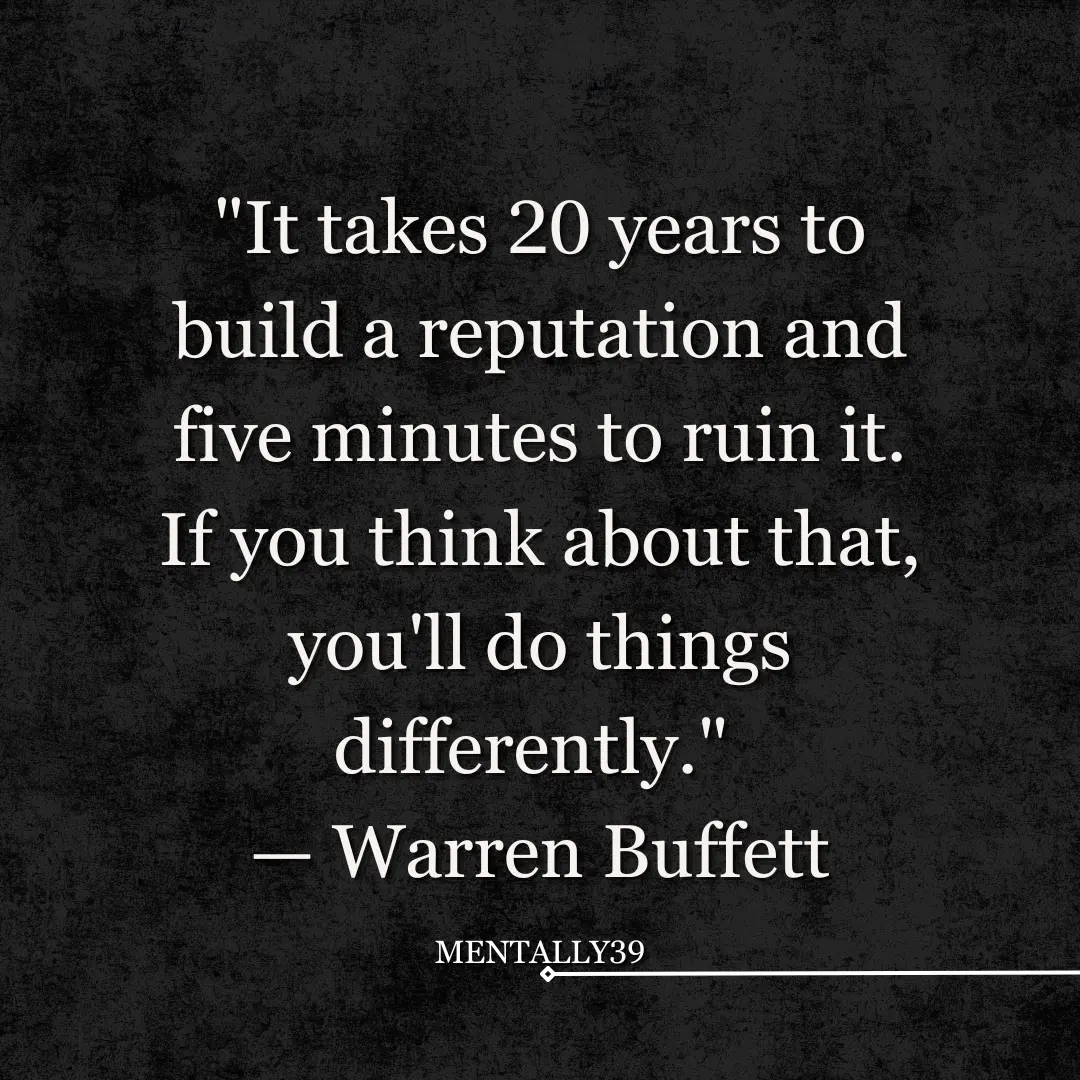
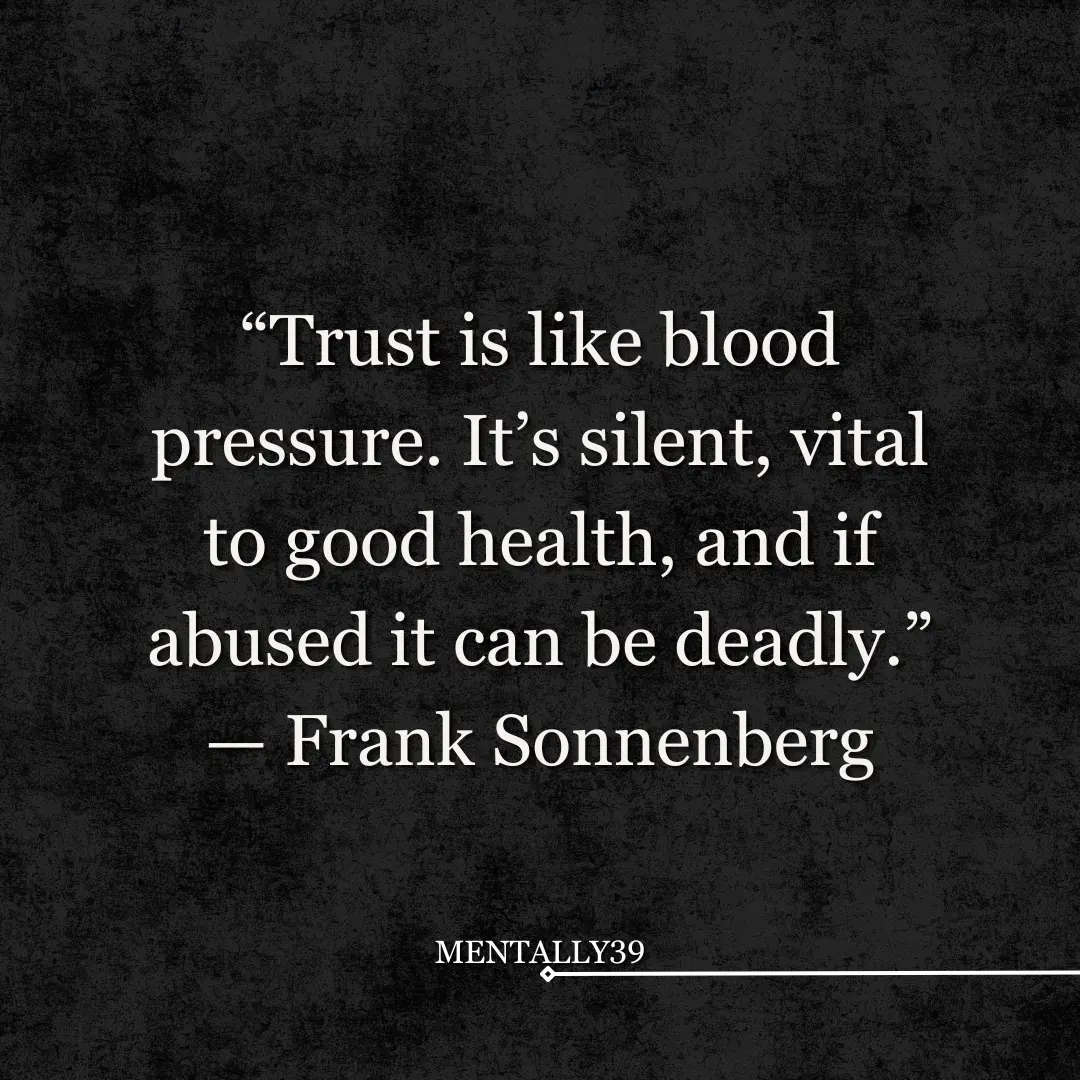
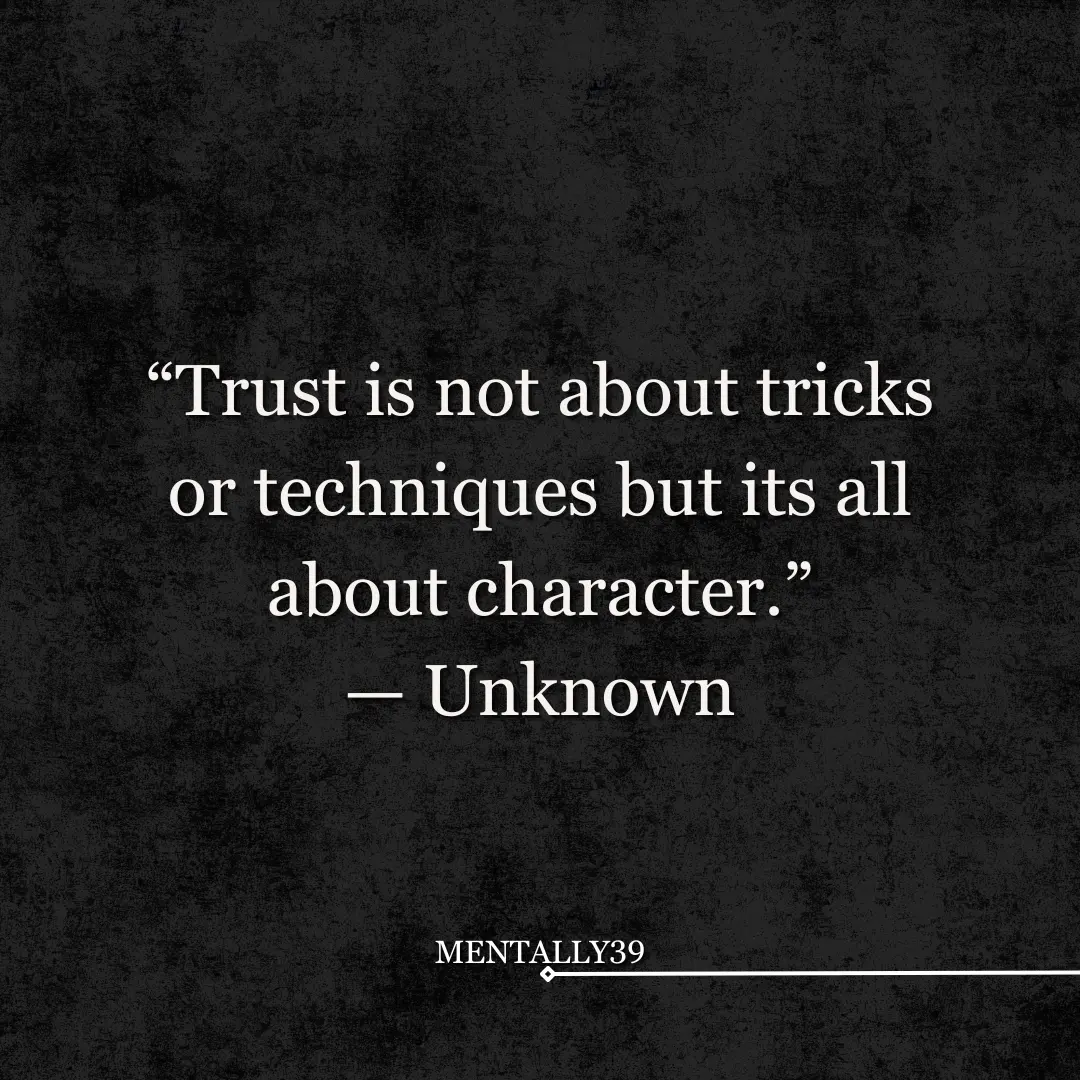
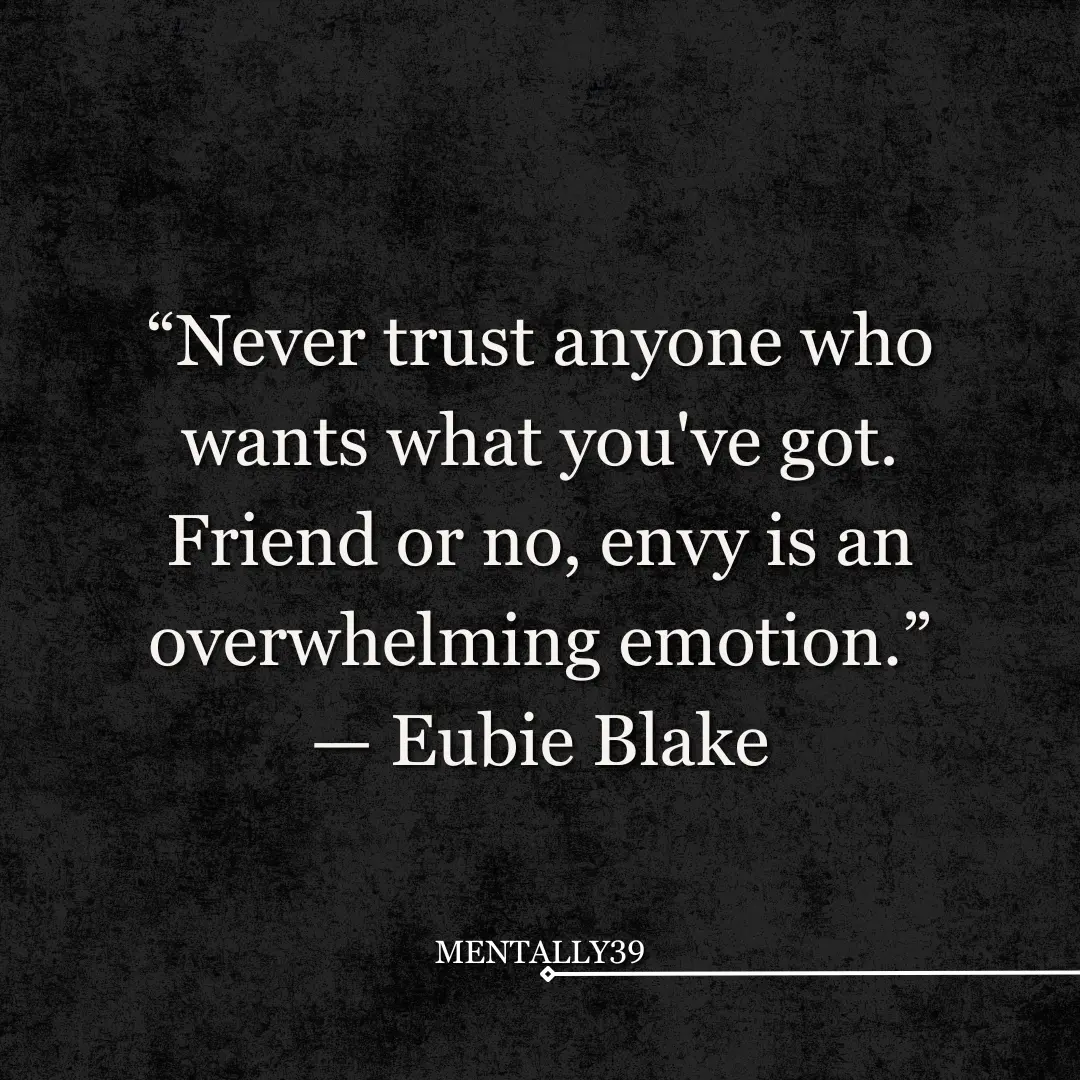
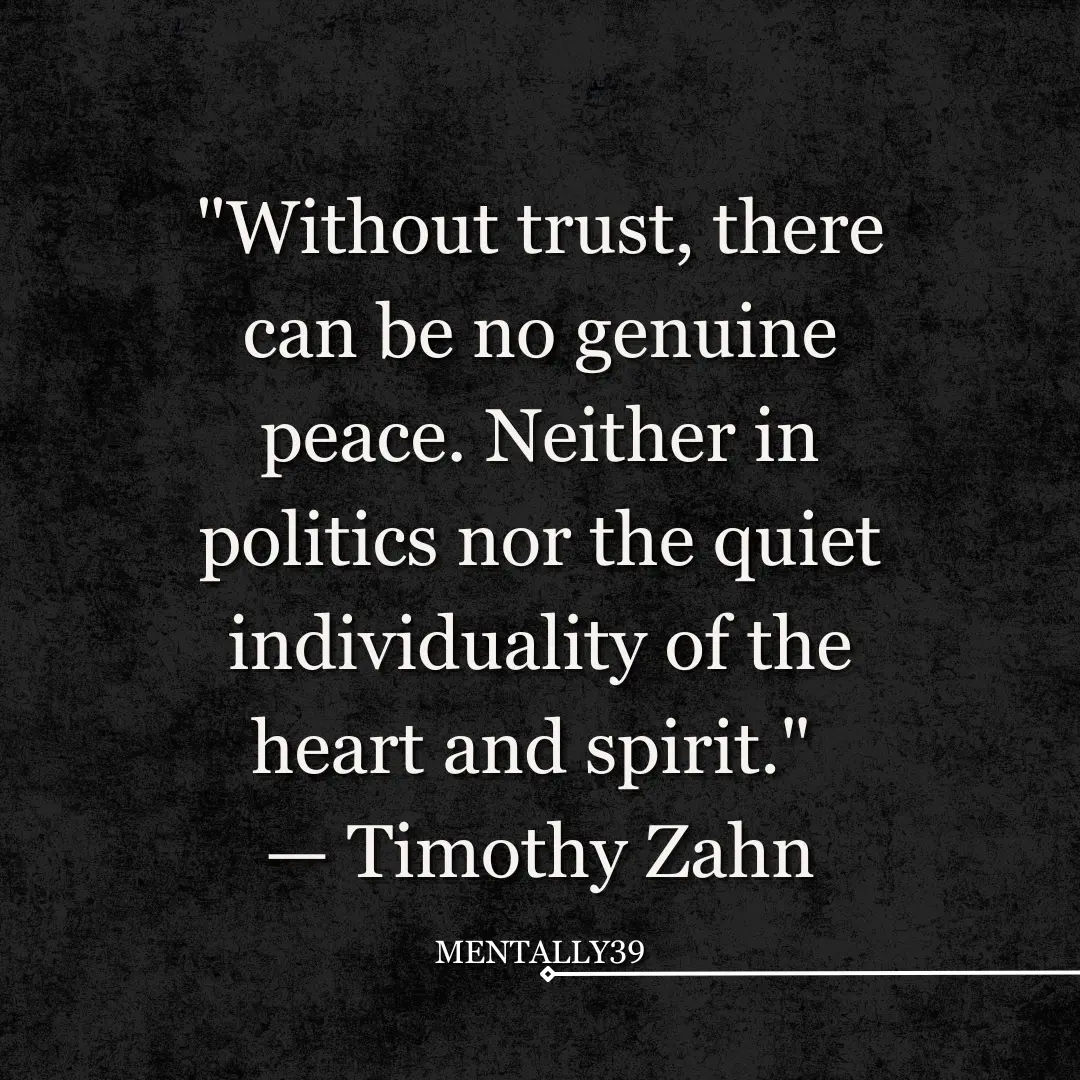
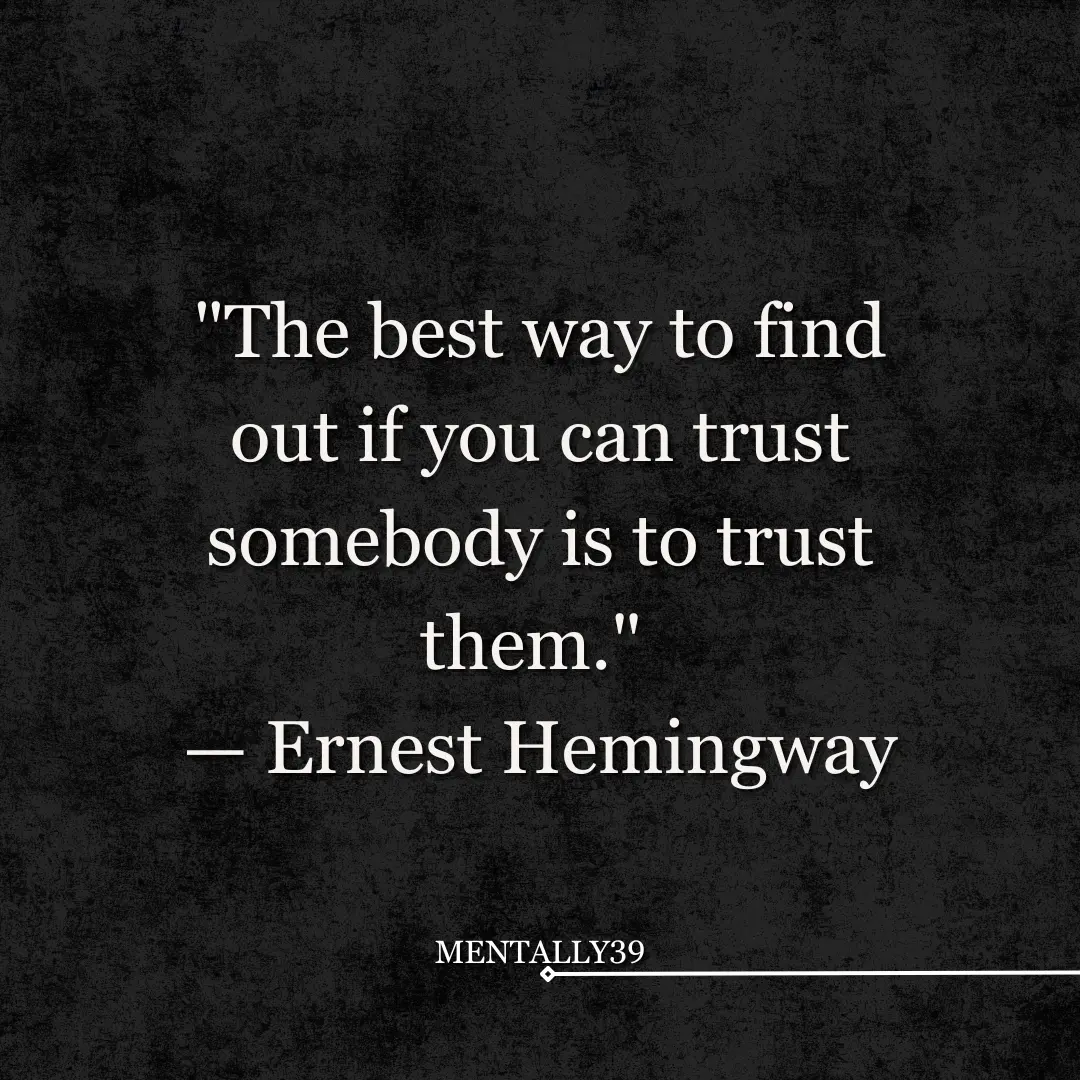
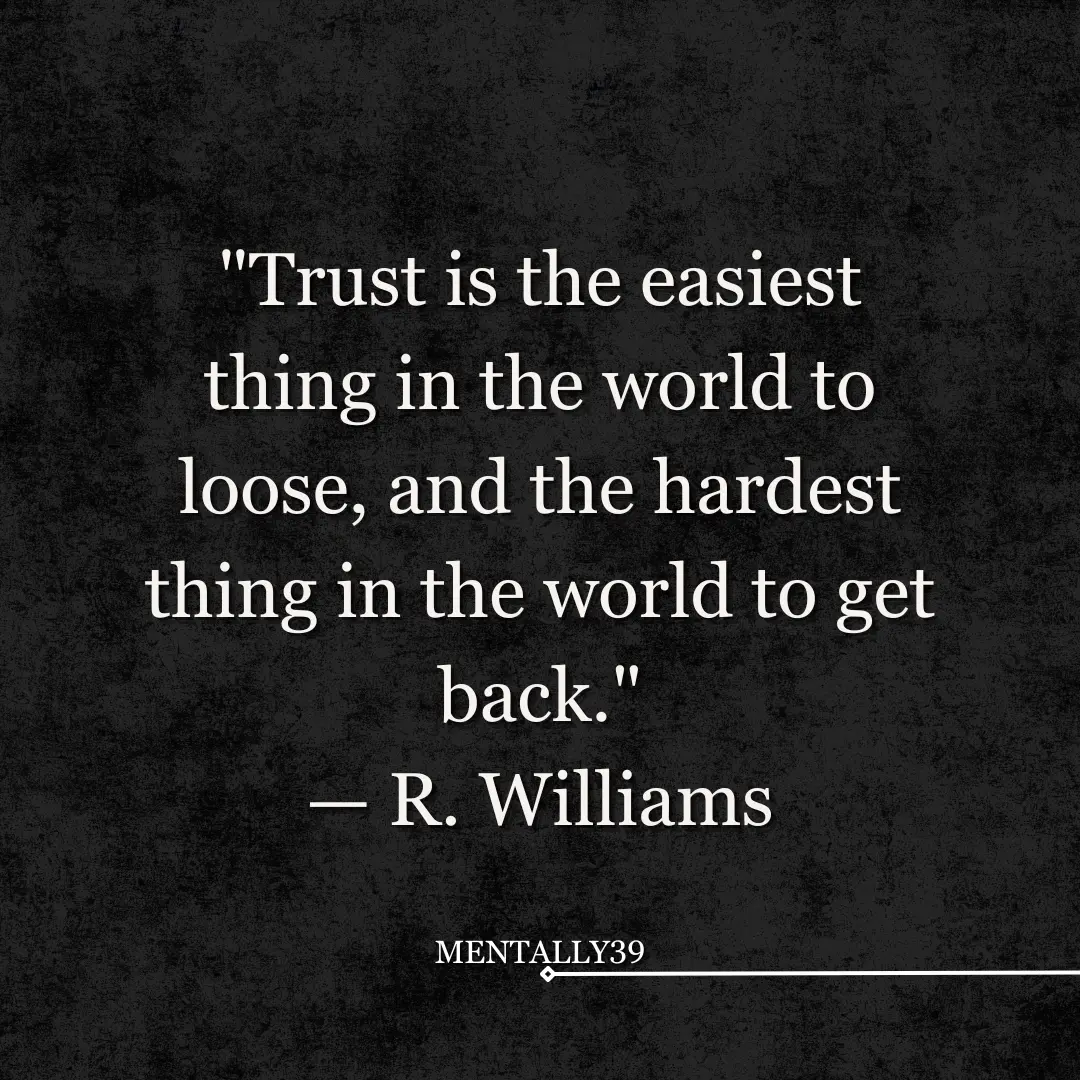
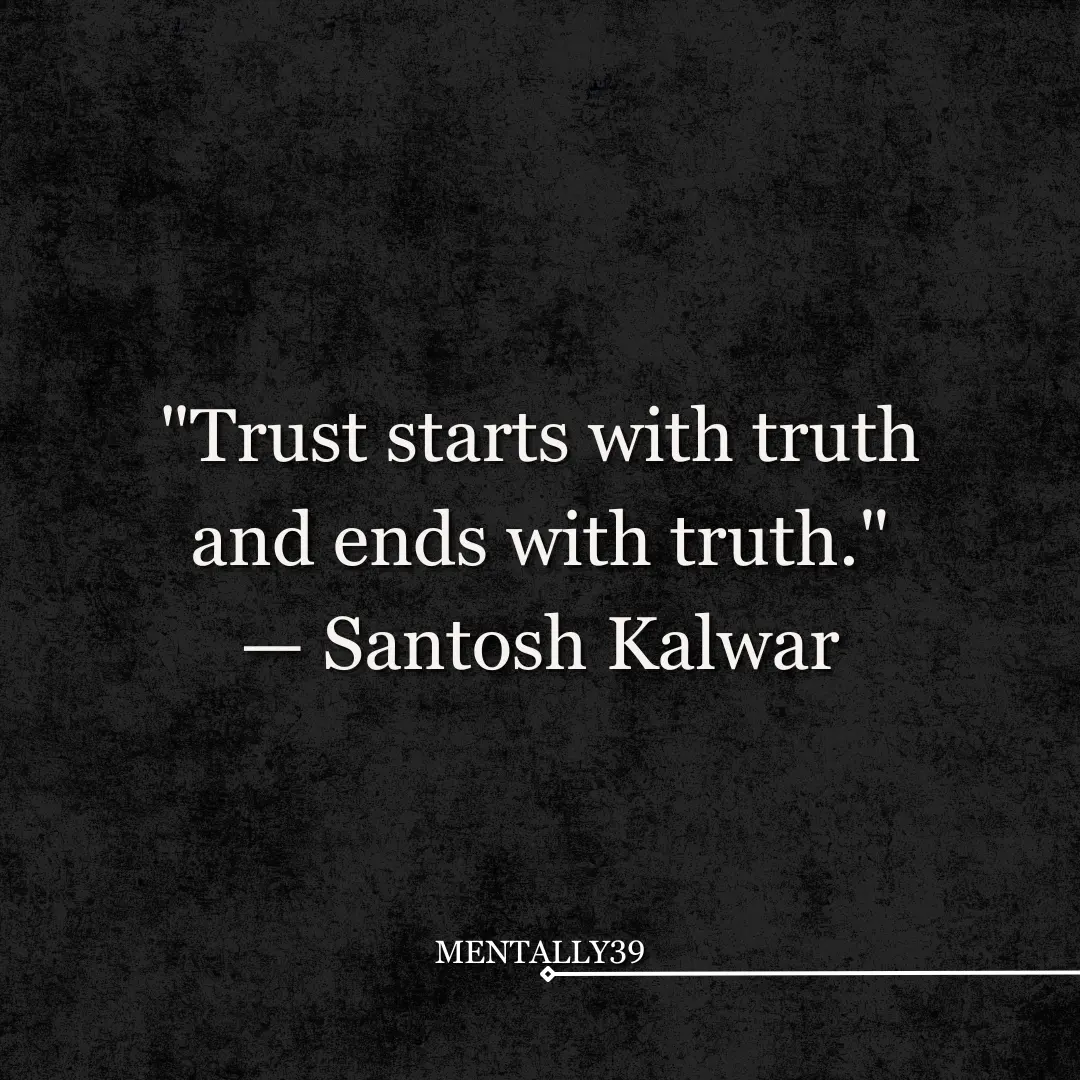
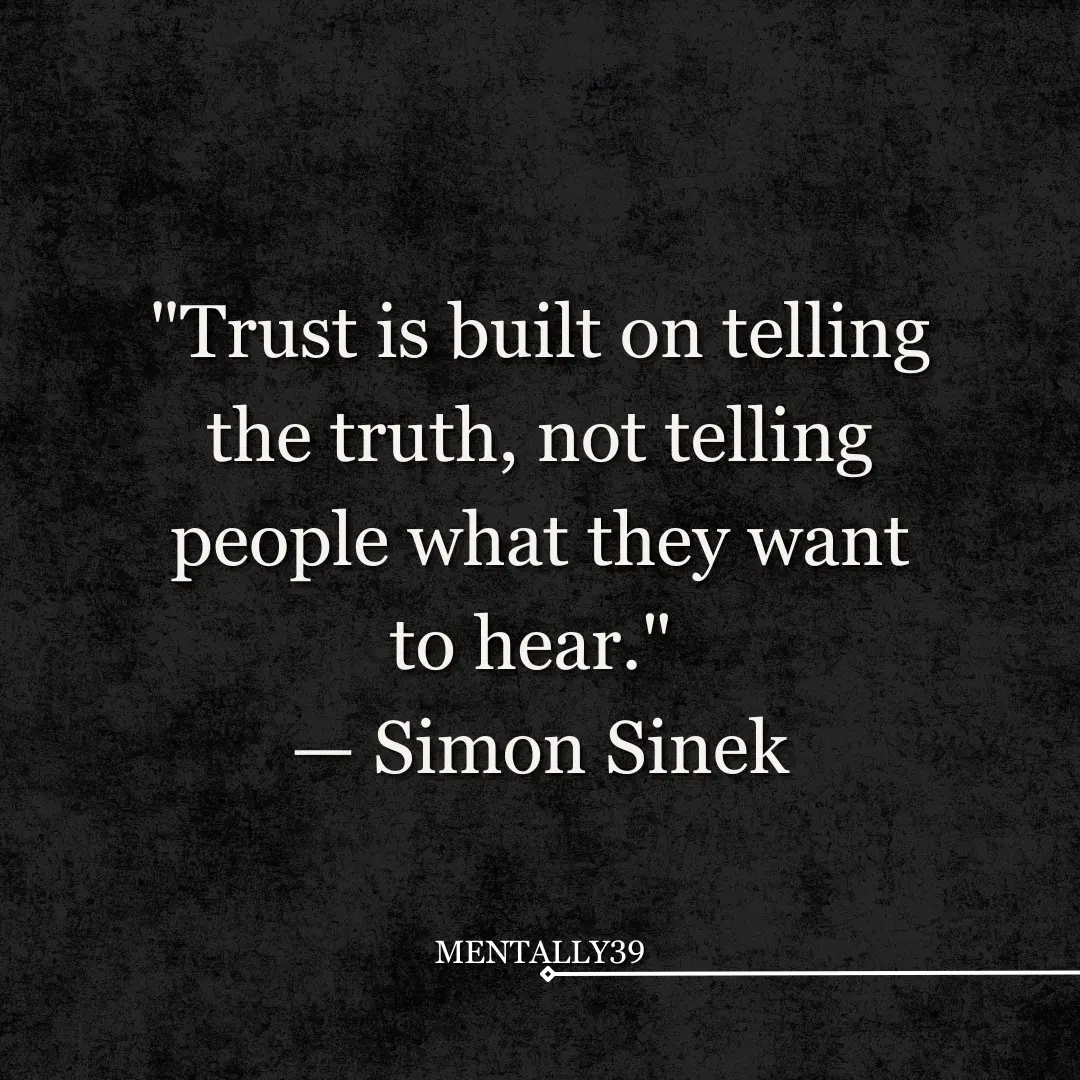
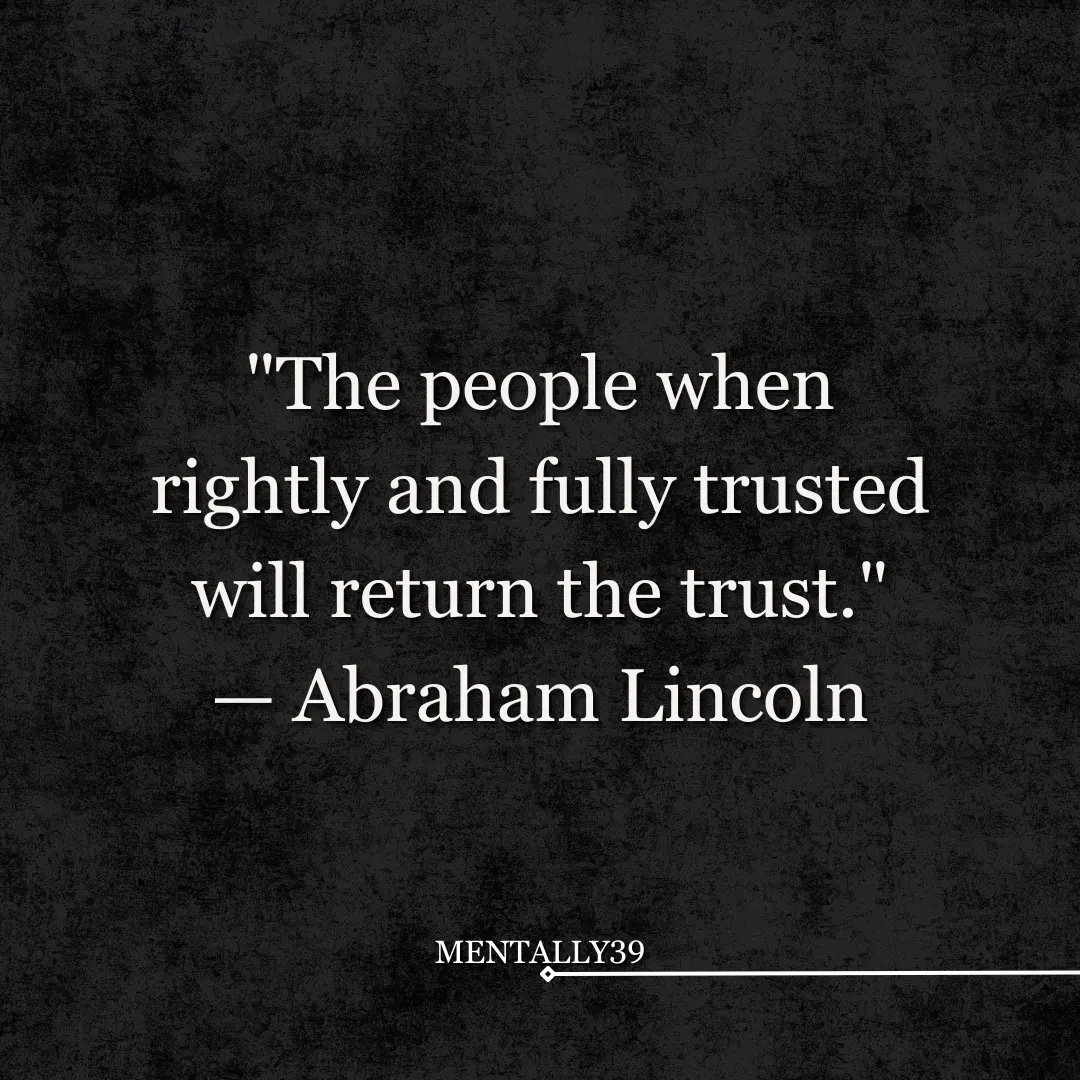
20+ Years as a Special Education Teacher
NASM Certified Nutrition Coach,
Certified Trauma Informed Trainer
Mindset and Motivation Master Life Coach
